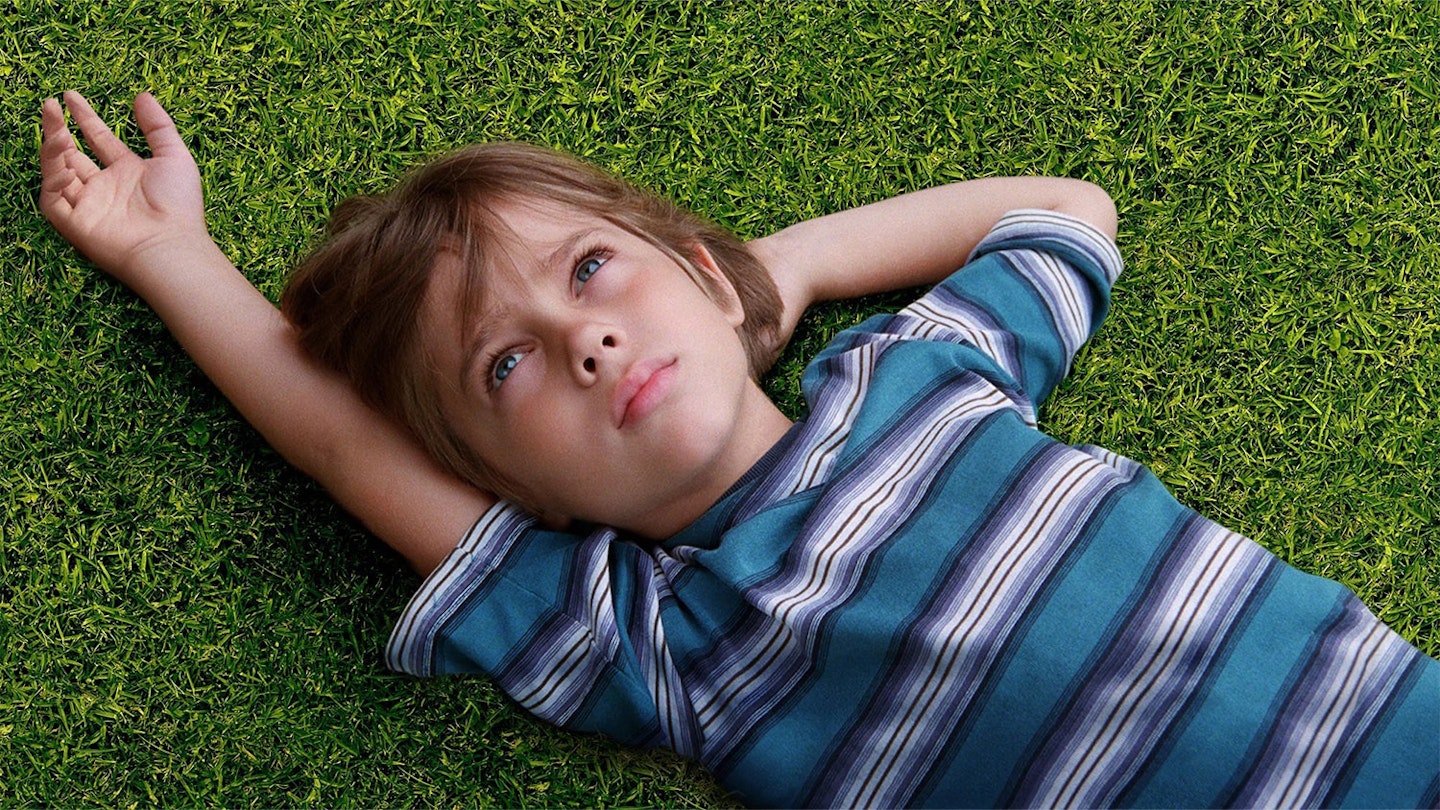John Hughes once explained why he loved stories about young people caught between childhood and adulthood. “One of the great wonders of that age is your emotions are so open and raw,” he said. “At that age it feels as good to feel bad as it does to feel good.”
The poet laureate of the coming-of-age film wasn’t wrong. These movies are built on some of the biggest feelings there are – first love! True friendship! Desperately trying to find a decent party and some booze! – and put you right back in the time when you felt everything so much, you thought you might actually burst. The arc is simple: a young person (or little gang of them) goes through some kind of quest or experience which opens their eyes to the world and shows them how innocent they were, and now never can be again. Come the credits, everyone’s done a lot of growing up, but nothing is ever really over. We’re actually at the start again, looking out at the next stage of life.
But filmmakers have spun that arc into hundreds of different shapes. That’s the power of coming-of-age stories: whether you’re in revolutionary Iran or a New Zealand backwater, that desperation to make your own way in the world while pining for the friends and times that can’t come again is pretty universal. Coming-of-age movies only become more poignant as you get older, too. When you’re 16 you get Lady Bird’s romantic ideas about being a writer in New York and feel her boredom with small town life; when you’re 35, you want to get her mum a cup of tea and give her a hug. Here’s our pick of the finest coming-of-age movies out there. Cue Simple Minds. Air punch. Freeze frame.
25. Bend It Like Beckham
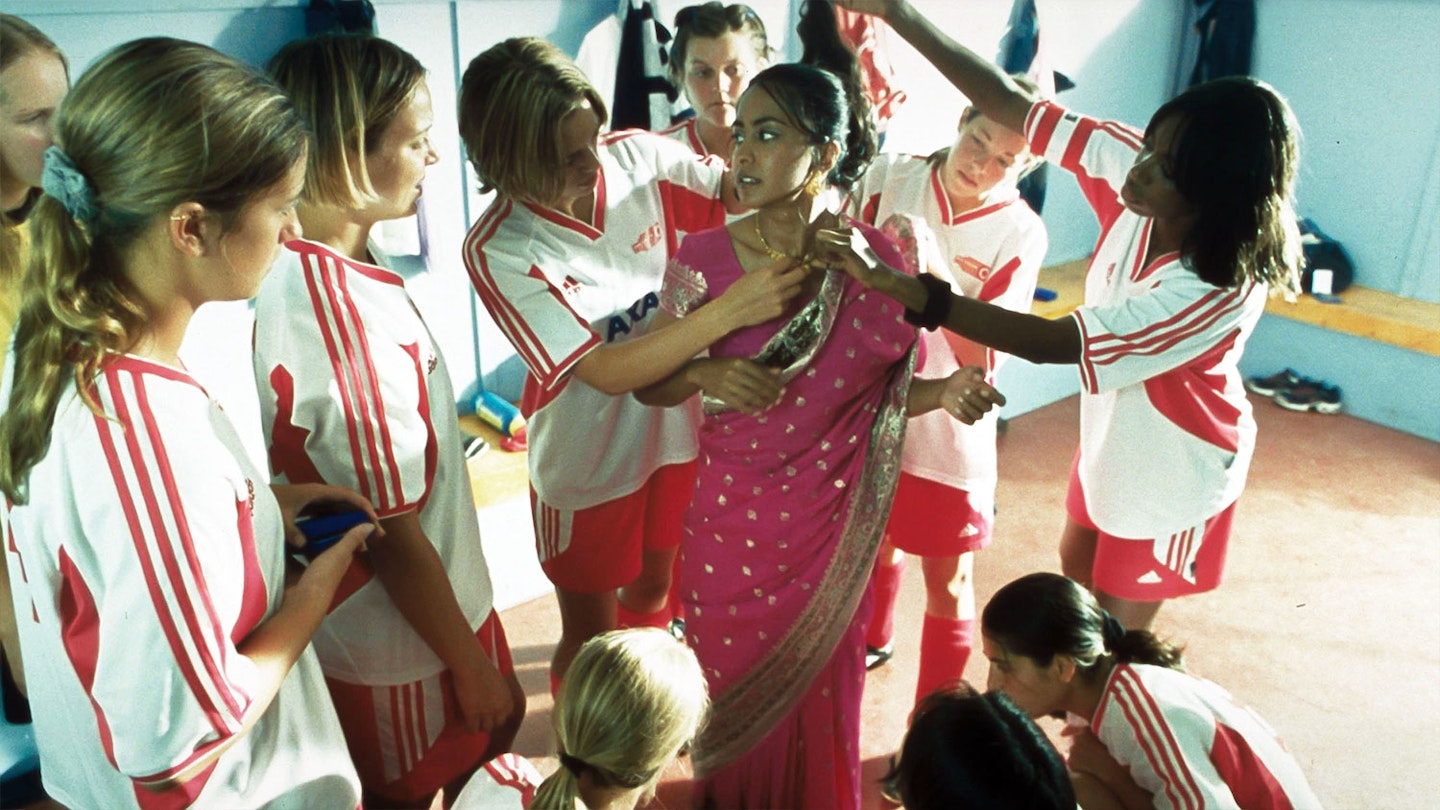
Like almost everyone in England around the turn of the millennium, Jess Bhamra is obsessed with David Beckham. To her he’s not just a footballer with a sweet right foot and a pioneering attitude toward sarongs: he’s a symbol of everything exciting and glamorous which her parents mistrust. “Anyone can cook aloo gobi,” as Jess points out, “but who can bend a ball like Beckham?” Jess has mad skills too, and she’s taken under the wing of Keira Knightley’s Jules as she secretly sets out to follow in Becks’ Adidas-booted footsteps without her mum and dad finding out. Director Gurinder Chadha brings such energy and originality to a genre which can deliver a fair few nil-nil bore-draws, as Jess realises that she can be both her parents’ daughter and her own woman – both West Londoner and second generation British Punjabi – while Bend It Like Beckham’s queer undertones have made it even more cherished since release.
24. Mermaids
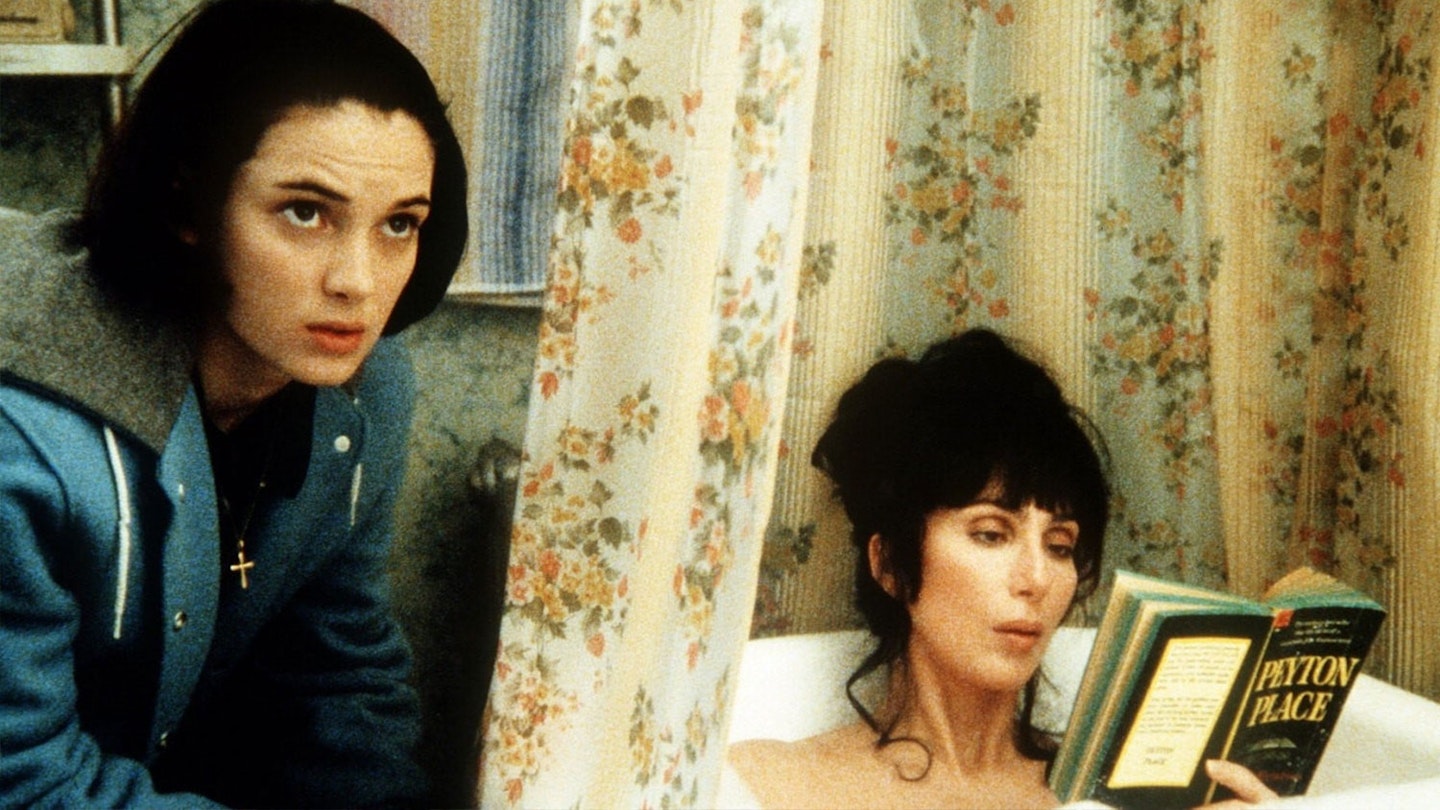
Yes, it’s the movie where Cher and Bob Hoskins are a couple, quite possibly the unlikeliest one since Roger and Jessica Rabbit. But more importantly, it’s the movie that brought us two iconic performances from young rising stars, in the form of Winona Ryder’s Charlotte Flax (15 years old) and Christina Ricci’s Kate Flax (nine). The two sisters are growing up in the town of Eastport, Massachusetts, being served up marshmallow kebabs by their mum and, in Charlotte’s case, grappling with some complex new feelings. (“Please God, don’t let me fall in love and want to do disgusting things,” goes her inner voice as she clocks a desirable young man). Capturing the volatility and confusion of teenagerdom perfectly — Charlotte, despite being Jewish, yearns to be Catholic — it’s sweet, funny, eccentric and boasts fantastic chemistry between the four leads. It doesn’t even leave you irked that there’s no actual mermaids in it, just Cher dressed as one.
23. The Perks Of Being A Wallflower
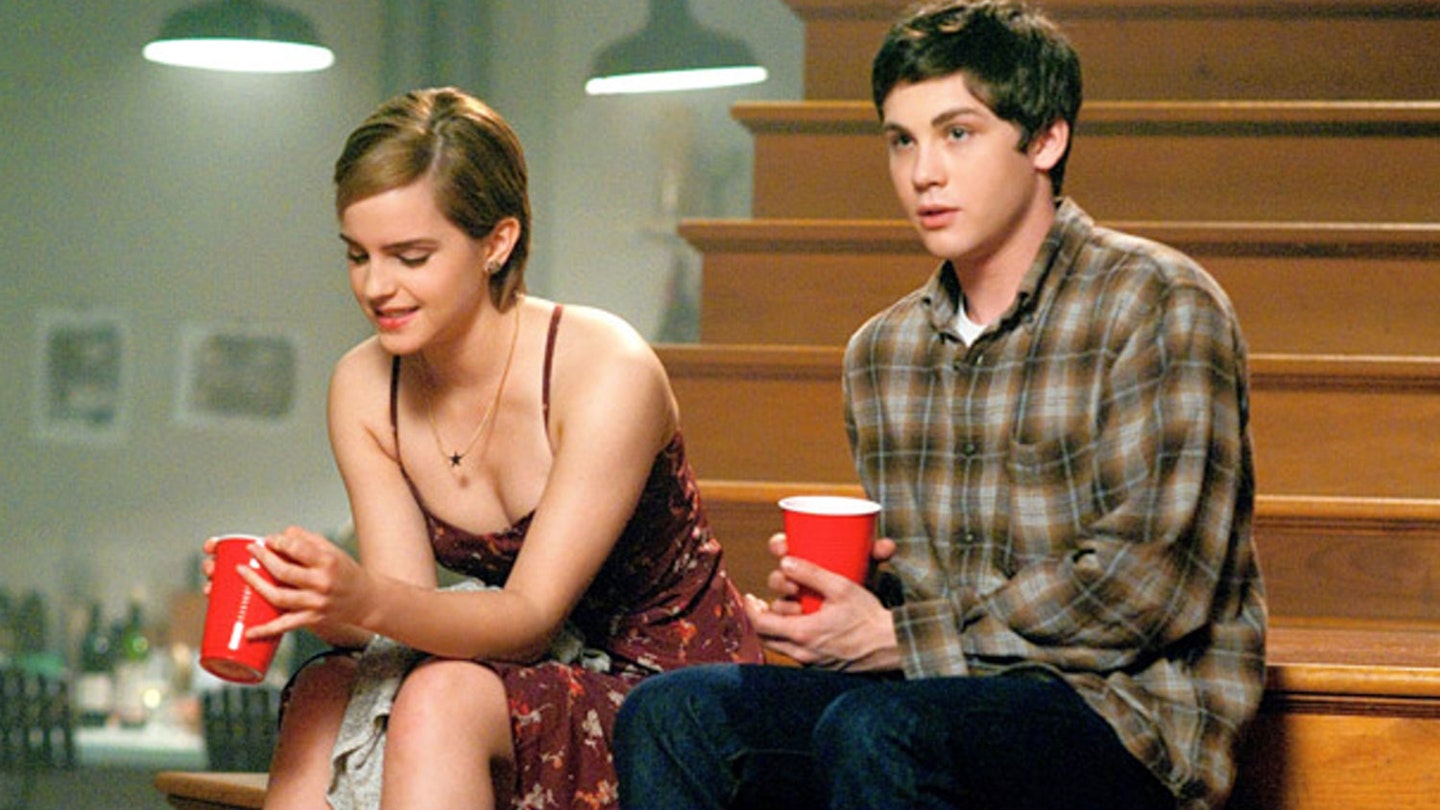
Adapted by Stephen Chbosky from his own book, this is a definitive mid-millennial totem, a great Tumblr-era touchstone. It’s also one of the most tender – and darkest – coming-of-age movies of recent memory. Struggling to recover from a bout of severe depression, Charlie (Logan Lerman) is a freshman at high school who struggles to find friends until senior Sam (Emma Watson) brings him into her gang. Absolutely everyone’s emotionally raw in some way: Charlie and Sam share some of the same demons, while Sam’s brother Patrick is having a clandestine relationship with the school quarterback Brad. Usually, coming-of-age stories are about putting away childish things and letting them drift from your mind. But The Perks Of Being A Wallflower suggests that those childish things can grind away at your soul unless you confront and purge them, and it’s that which gives it such power.
22. Turning Red
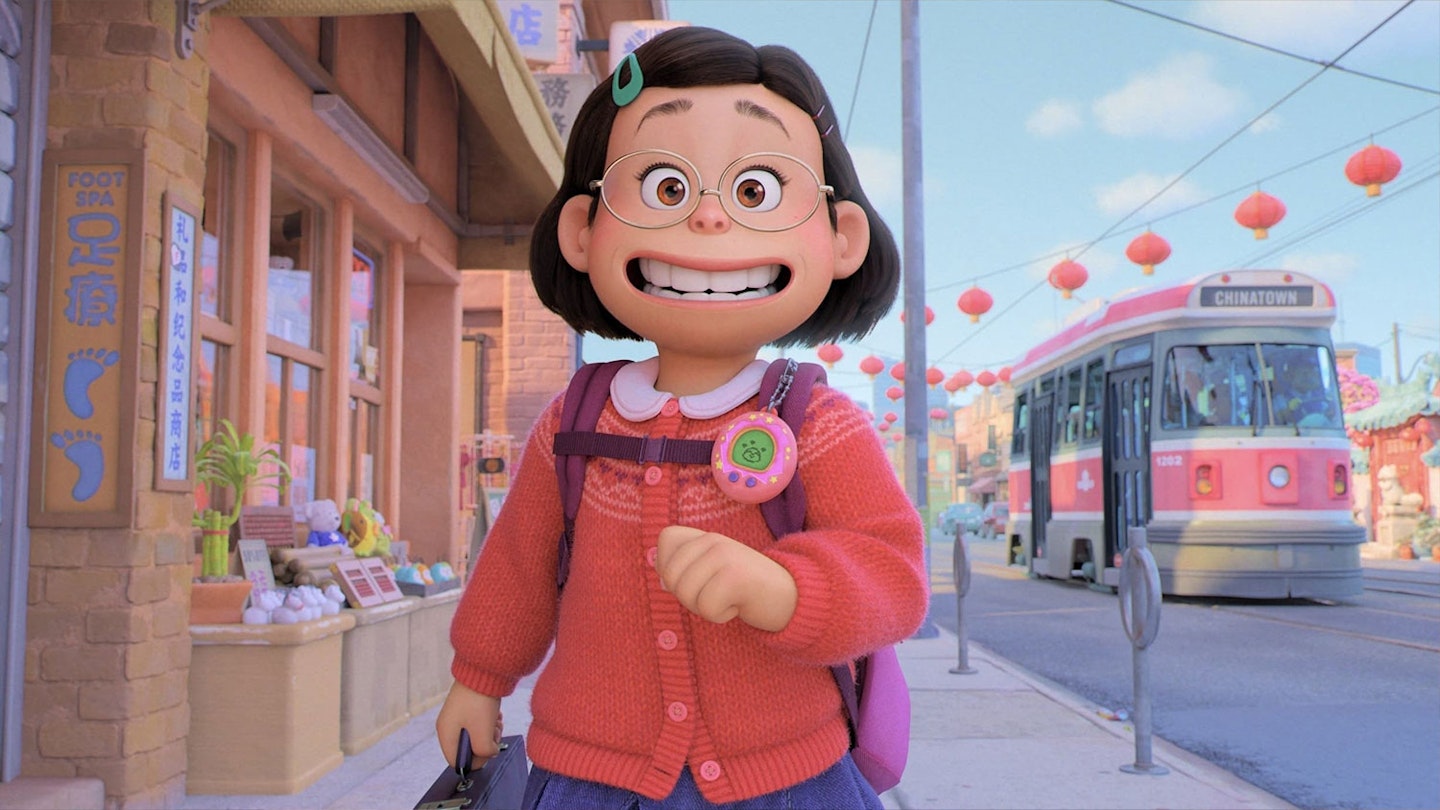
Puberty can feel like you’re transforming into some kind of monstrous beast, and getting your period for the first time (and all the times after, come to think of it) feels like a curse – two things that Turning Red director Domee Shi understands extremely well. In her poppy Pixar feature debut, Shi expertly relays the bodily, emotional and familial struggles of adolescence through her protagonist Mei (Rosalie Chiang), who discovers her inherited ability to turn into a giant red panda when she experiences extreme feelings. A diversion from the usual Pixar adventure fare, Turning Red is a coming-of-age tale through and through, with Mei learning how to handle friendships, strengthen her relationship with mother Ming (Sandra Oh), and be proud of exactly who she is, all in time to get to the concert of fictional dreamy boyband, 4*TOWN.
21. Beautiful Thing
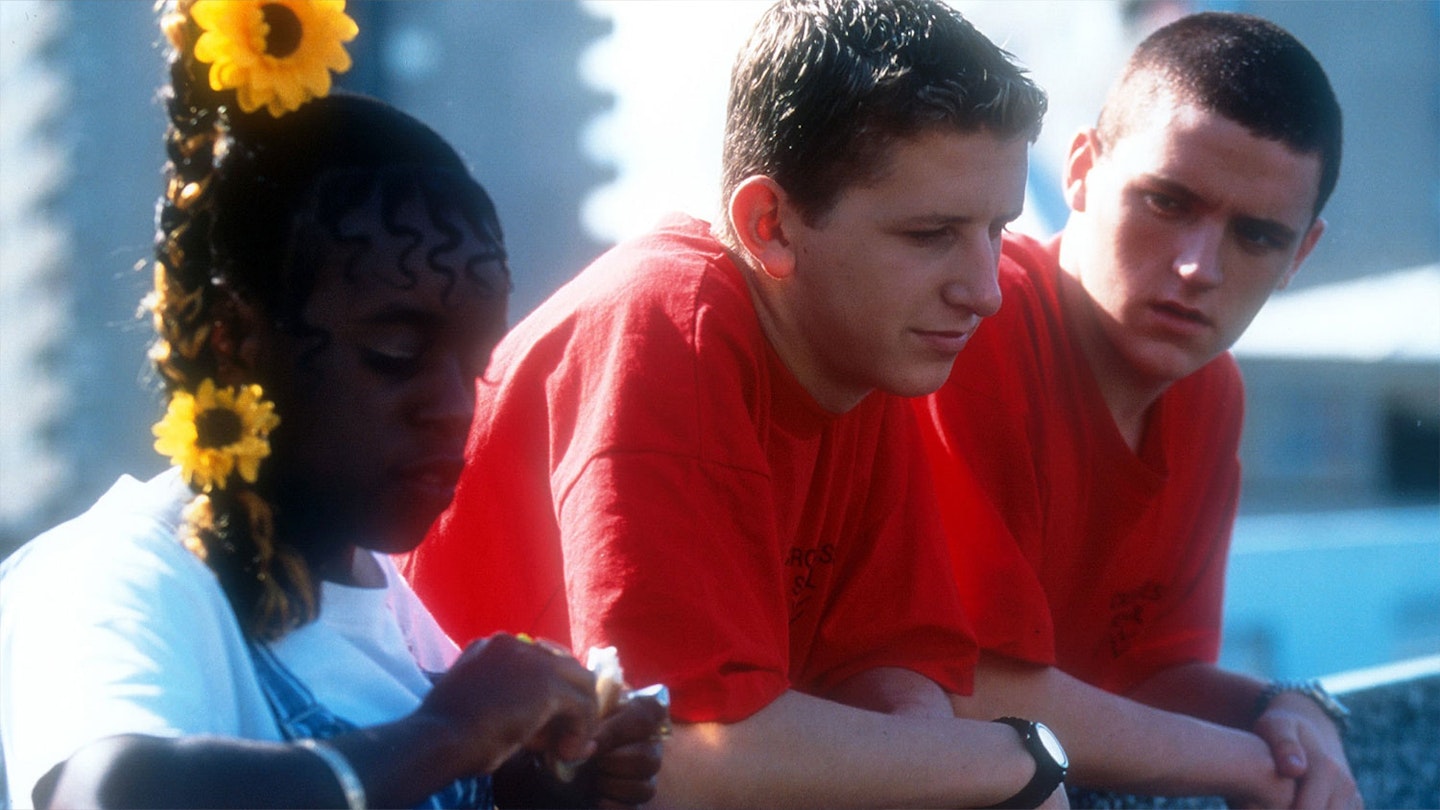
Hettie Macdonald’s estate-set rom-com is a pioneering queer coming-of-age story that still strikes a chord today. Beautiful Thing follows classmates and neighbours Jamie (Glen Berry) and Ste (Scott Neal) as their new relationship ebbs and flows across their South London estate. Released in 1996, in the aftermath of the Margaret Thatcher era and the implementation of Section 28, it was a joyful curio in the LGBTQIA+ cannon, with the two boys ignoring prejudiced peers and committing to exploring their newfound sexuality together. The film is awash with sunny shots of the Thamesmead estate, sternly subverting the kitchen sink dramas that were so readily linked to British realism at the time, and a soundtrack brimming with The Mamas And The Papas greatest hits to bring home that this is a romance worth celebrating. Charming, bitingly funny and with a tender closing scene for the ages, this is a formative teen movie must-see.
20. Raw
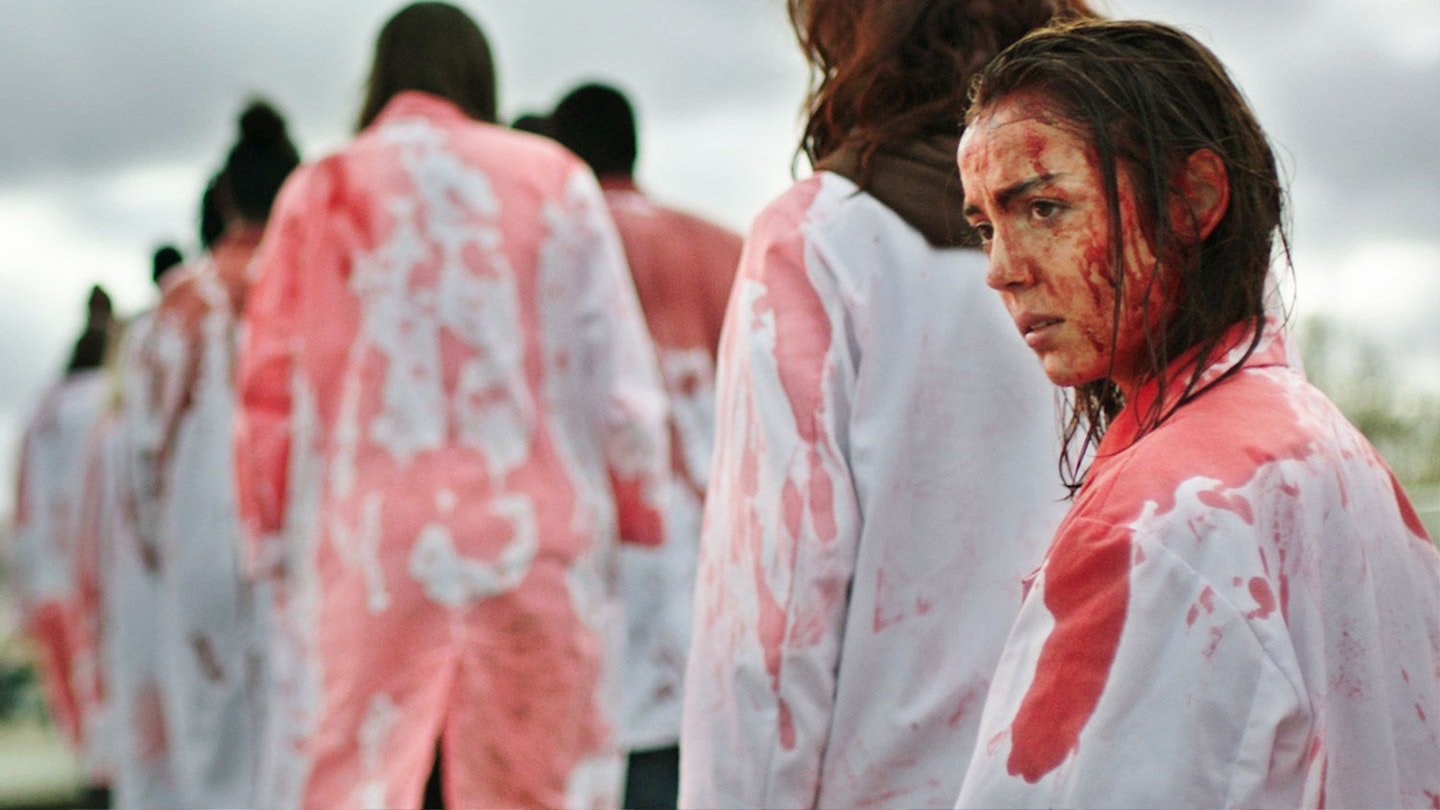
Putting a visceral, body-horror spin on the coming-of-age genre, Julia Ducournau’s instant classic of a feature debut sees Justine (Garance Marillier) follow in her familial footsteps and head to veterinary school. A staunch vegetarian when she arrives, she is forced to eat raw meat during hazing from older students – after a painful and skin-crawling physical reaction, she develops a taste for it, going to increasingly extreme lengths to feed her growing appetite. Ducournau masterfully blends Justine’s cannibalistic impulses with her emerging sexual desires, as well as sisterly feuds and discovering family secrets. It’s a bloodier take on the cinematic transition to adulthood than most, but perfectly evokes the violent intensity of adolescence, the overwhelm of exposure to a world of partying and hedonism, and the panicked feeling that your body is changing in ways you don’t understand. Tasty, tasty stuff.
19. Persepolis
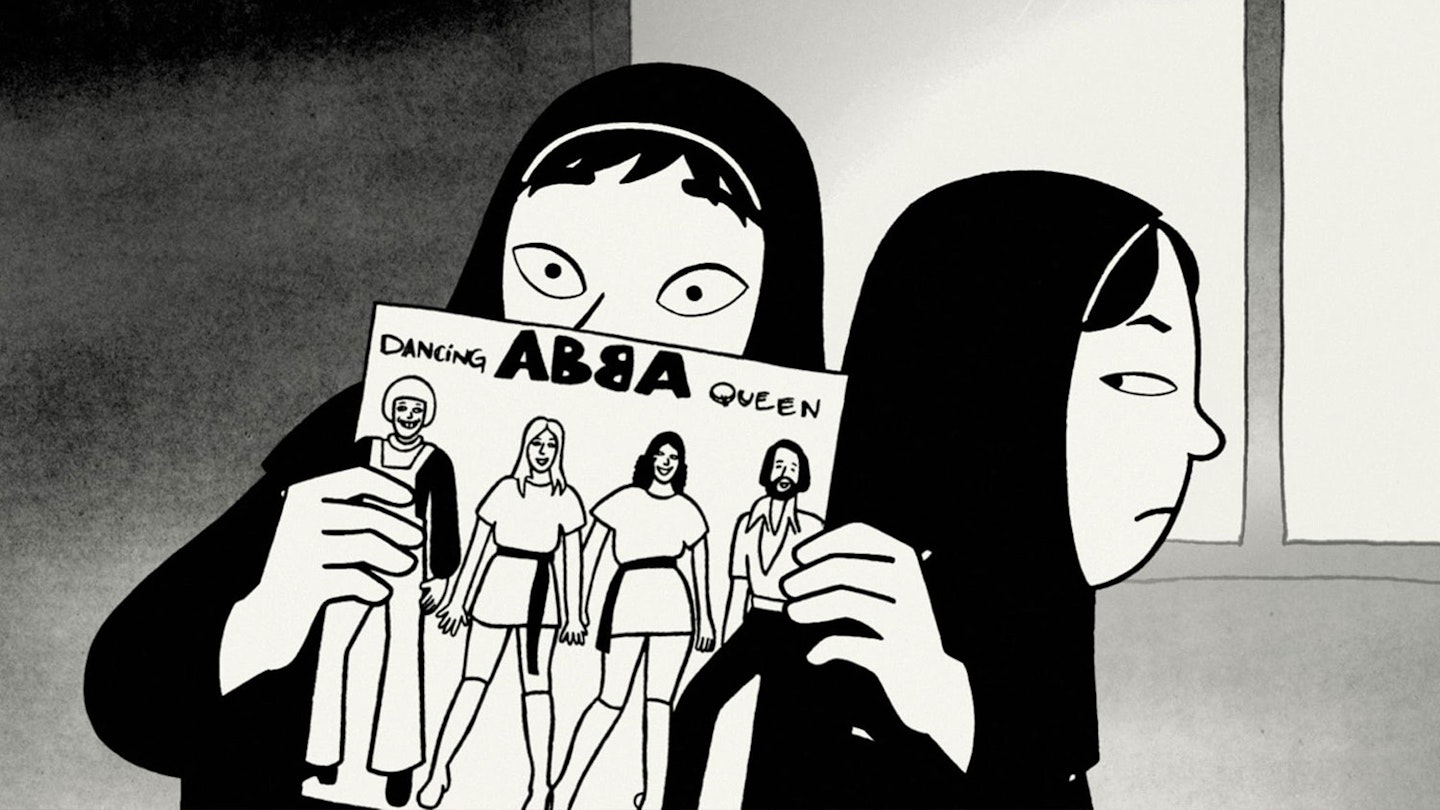
In Revolutionary Iran, Marji Satrapi watches as fundamentalist Islamist strips away freedoms and war breaks out with Iraq, and finds solace in Nike trainers, dodgy Iron Maiden tapes and rocking out with a tennis racquet for a guitar. As things get bleaker for Marji and her family, she is sent away to Europe and apparent safety. Once there, though, she starts to lose herself. Satrapi, who also created the graphic novel Persepolis is based on, directs with Vincent Paronnaud, and the spare, black and white hand-drawn animation is both full of character and usefully universal: live action “would have turned into a story of people living in a distant land who don't look like us,” Satrapi explained. There’s so much darkness and pain in Persepolis, but while the adult Marji doesn’t wear her ‘punk is not ded’ denim jacket any more, she realises the sense of rebellion which got her through Tehran will serve her in Paris too.
18. Moonrise Kingdom
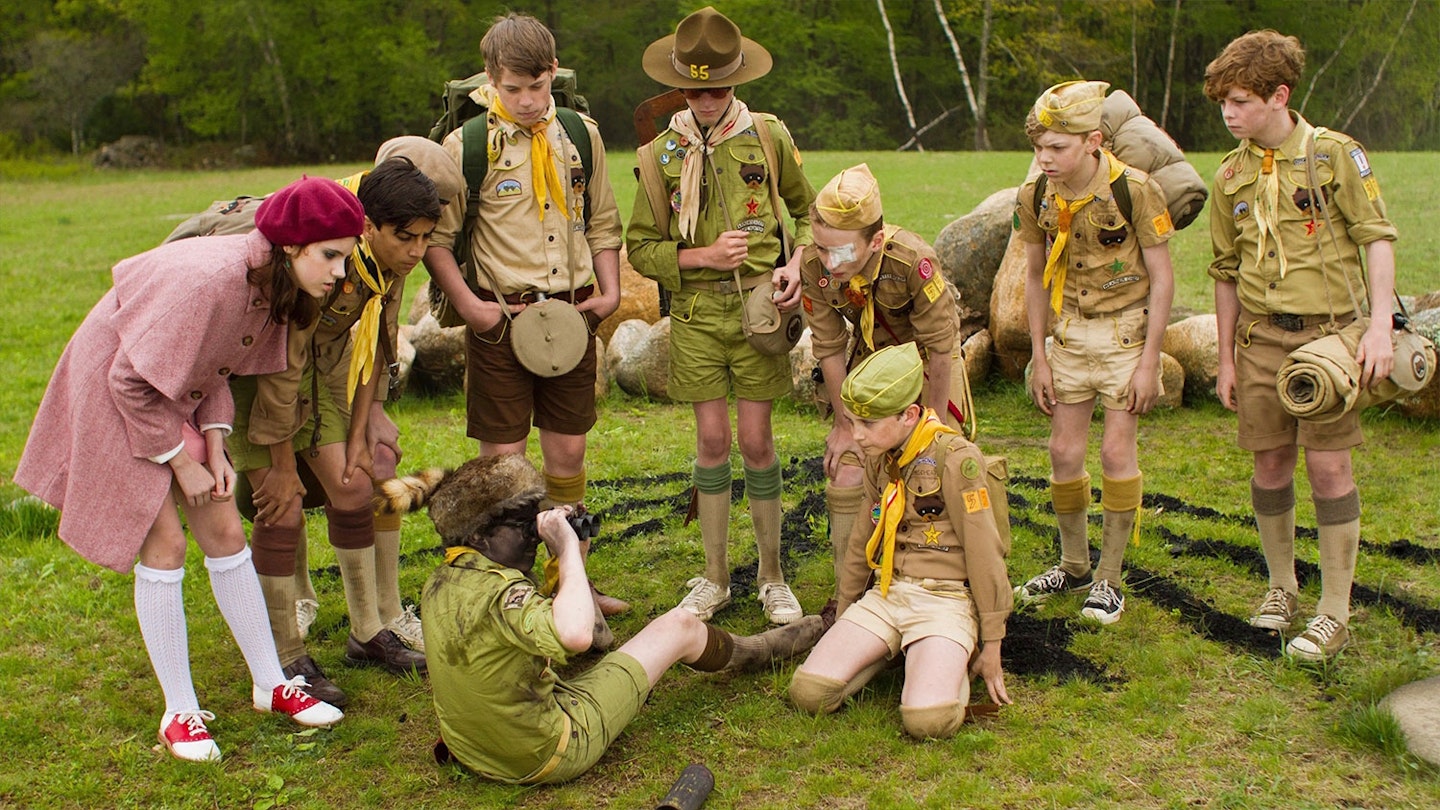
Every Wes Anderson movie feels like the most Wes Anderson movie Wes Anderson has ever Wes Anderson’d. But Moonrise Kingdom has a fair shout as the real high point of Wes Anderson doing Wes Anderson things. Over a summer Scout camp, 12-year-olds Sam (Jared Gilman) and Suzy (Kara Hayward) fall for each other on a faintly magical New England island, and decide to run away together. Their Scout group sets off after them, as does a social worker (Tilda Swinton, whose character is simply named ‘Social Services’) who wants to chuck Sam off into an orphanage. By the end, the secret ‘Moonrise Kingdom’ beach where Sam and Suzy pitched camp together (and danced to French pop records on the sand) has been obliterated by a storm, and they can never go back – but they find something more exciting and grown-up along the way. Anderson's usual archness and mannered style are there, but with a different kind of wistfulness and existential undertow to his more grown-up features.
17. Boy
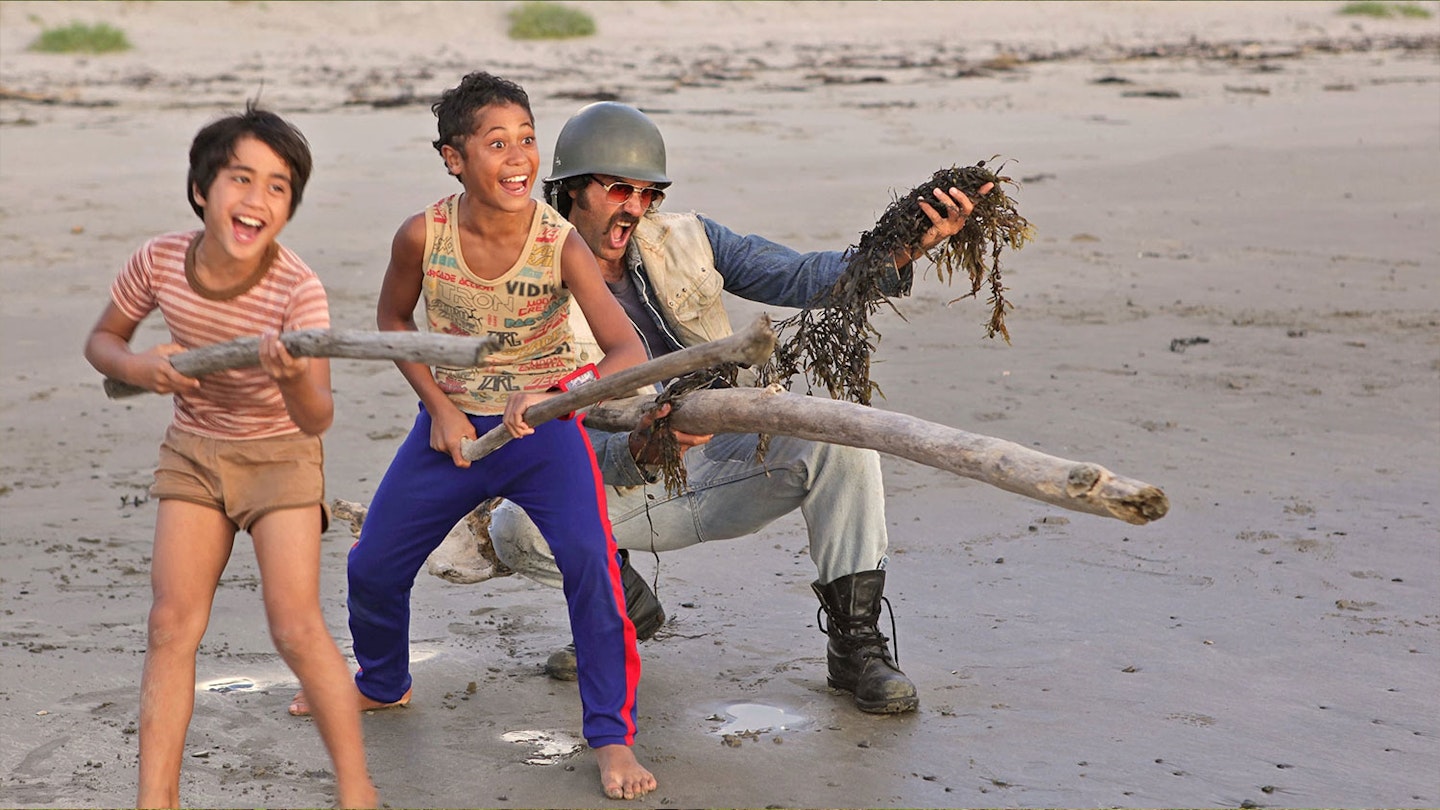
Before Taika Waititi became Marvel’s go-to guy, he made oddball family dramas which mixed dry, wry New Zealand wit with something harder-edged. In Boy, it’s December 1984 in the left-behind community of Waihau Bay, and a Michael Jackson-obsessed boy called, er, Boy (actually Alamein, named after his absent father) is waiting for his dad to come home. This dad is, apparently, a “master carver, deep-sea treasure diver, captain of the rugby team, and he holds the record for punching out the most people with one hand”. While Boy’s grandmother is away, dad finally returns – and after they have their fun threatening bullies with a machete, he ropes Boy into a weed-selling ring. Things quickly get out of hand when they step on a rival gang’s patch, and eventually Boy shakes off his childish delusions when he hits that startling and disturbing truth: not only is his dad far from the fantasy hero he imagined, but adults are just people who are making it up as they go too.
16. Rocks
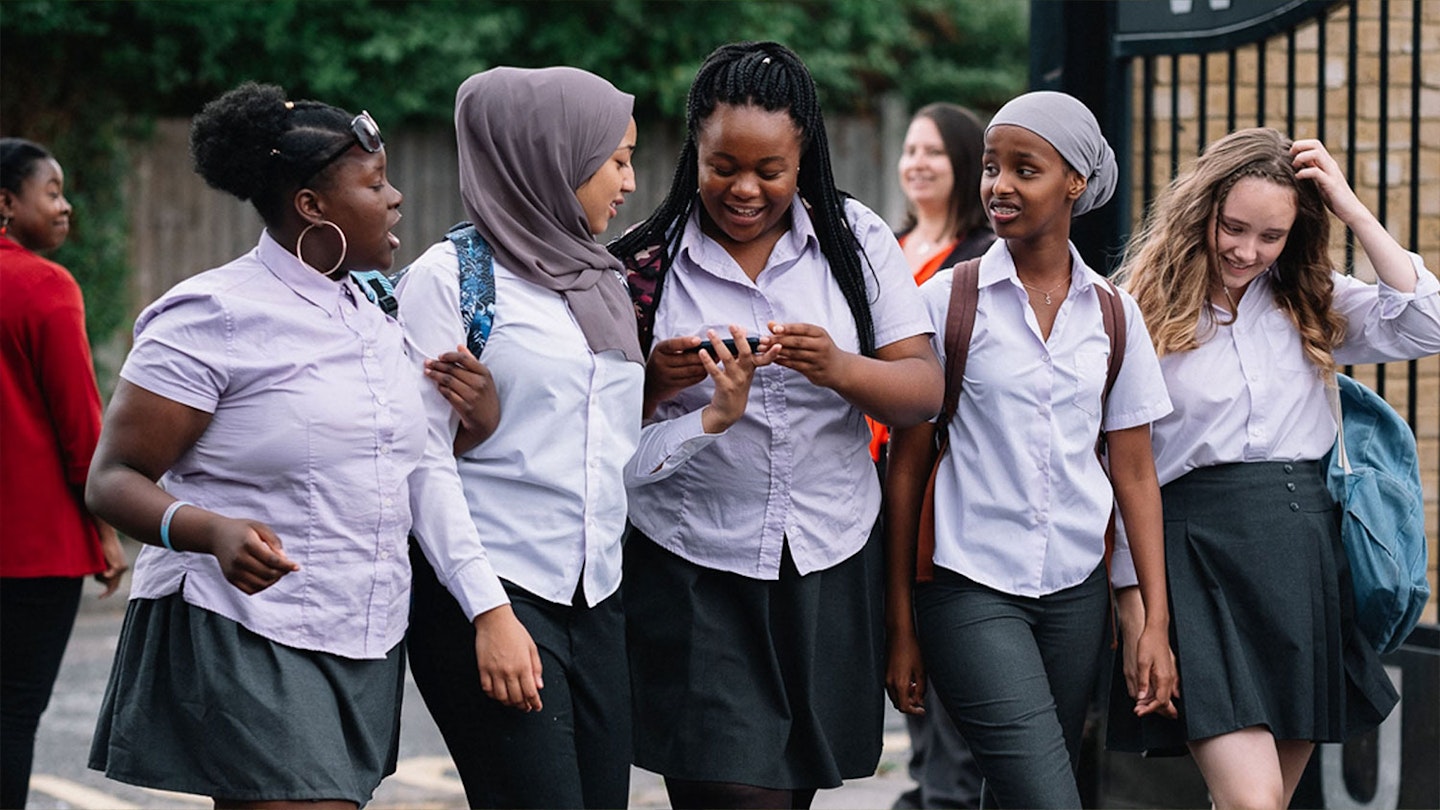
Most coming-of-age stories are about a young person who’s not seen enough of the world to be cynical, but by the time we meet teenaged Londoner Rocks she’s already running the household for her single mum and looking after her little brother Emmanuel. Then one morning, her mum isn’t there at all. Rocks tries to keep up the pretense that nothing’s wrong, but drifts away from her friends and into a sketchy twilight world on the capital’s mould-flecked underside. Having built up a tough, spiky exterior since before she can remember, Rocks finally learns enough to stop pushing people away, and to realise that she’s still a child who deserves to be cared for too. Bukky Bakray earned a Bafta Rising Star award at 19 for her performance as Rocks here, and she’s absolutely extraordinary: playful and vivacious but with a real toughness beneath.
15. Booksmart
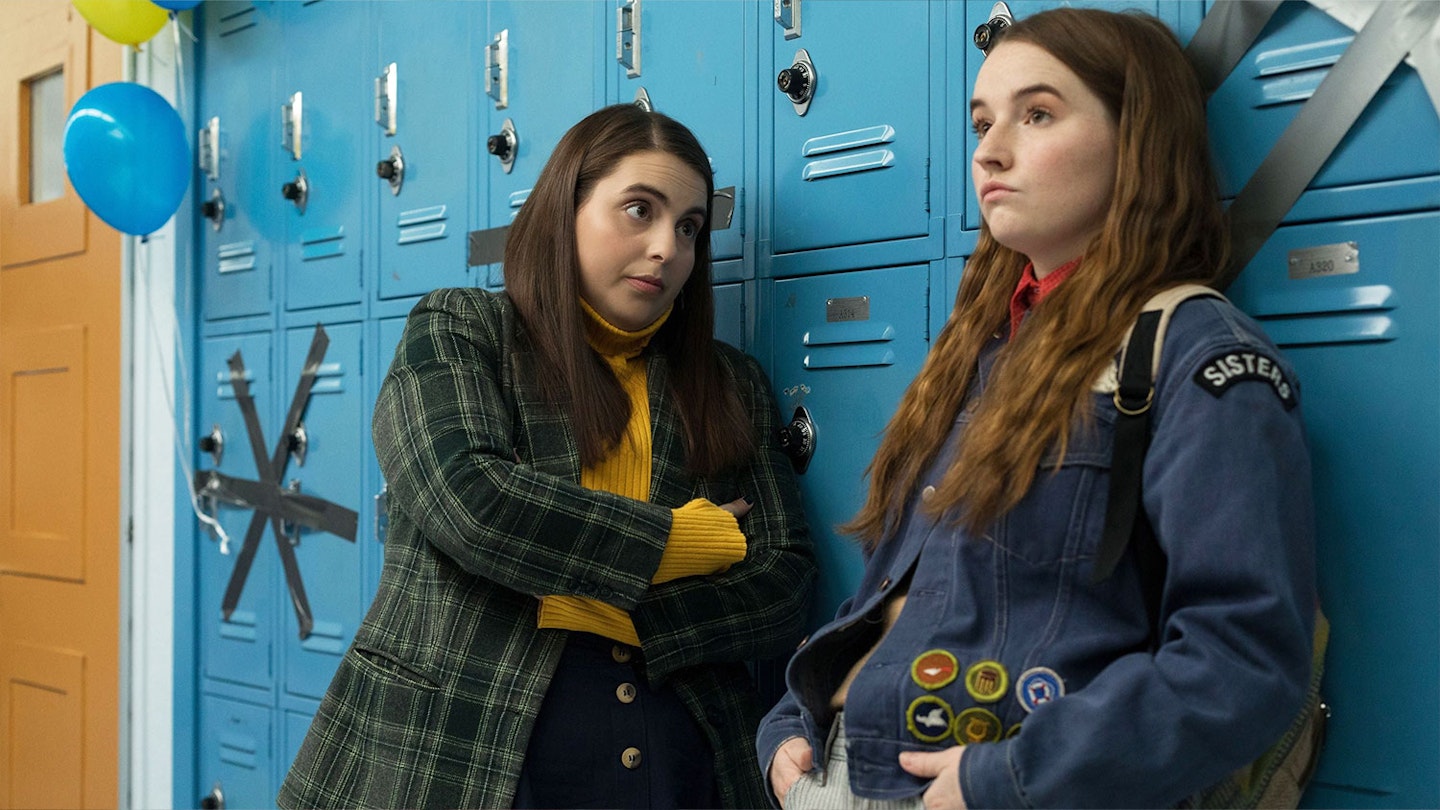
Right-on Amy and bullish Molly are two extremely mature high schoolers who’ve done everything right – they grinded as hard as possible, gone to bed early, handed in homework on time – and now they’ve got the college spots they always wanted. Unfortunately, all the kids they thought would be burn-outs have too. Realising they missed out on their entire teenage experience, they resolve to go on one last epochally-huge night out – if only they can find out where the party is. Most coming-of-age movies are about teens dipping a toe into adulthood and maturity and realising it’s a bit scary and strange, but that they can’t go back to the way they were. Olivia Wilde’s movie is a deliriously funny and visually inventive (see the bit where they trip on LSD-spike strawberries and turn into animated plastic dolls) flip, and a paean to making the kind of impulsive, stupid decisions which mark real independence.
14. Girlhood
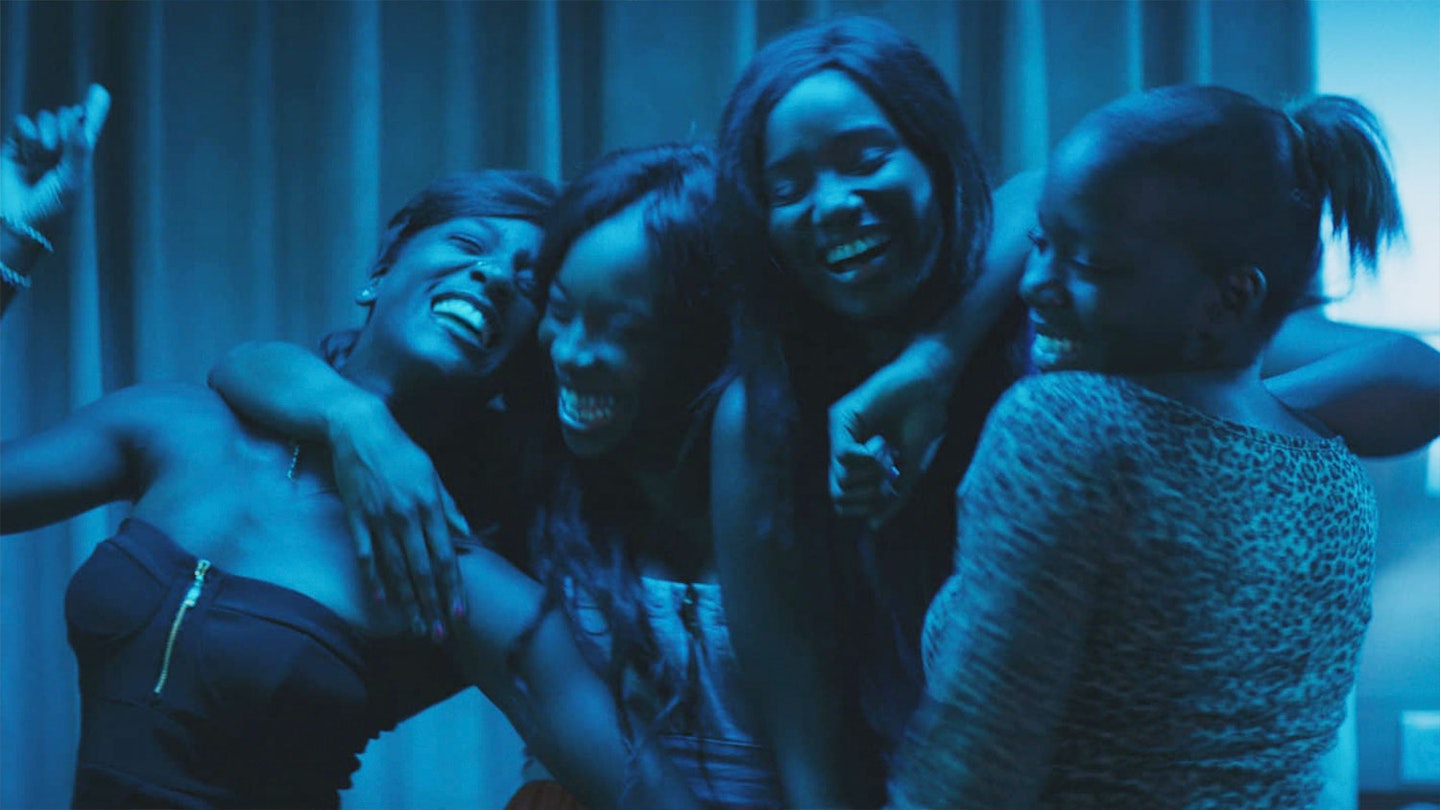
Being one of the modern masters of the coming-of-age film – whether she’s penning My Life As A Courgette, or directing tender masterpieces like Water Lilies and Tomboy – makes picking just one entry from Céline Sciamma in this list a tough choice. However, with its profound and astutely-observed tale of a teen girl finding new life through a vibrant group of local friends, set against the sunny, poor Parisian suburbs, Girlhood takes the biscuit. The film can be perfectly crystalised in a single scene: Marieme (Karidja Touré) and her new friends muck in for a hotel room, where they try out their shoplifted clothes, swig booze and flawlessly lip sync to Rihanna’s ‘Diamonds’, all under inky blue lighting. The rapture and carelessness of teen years spent with found family has rarely been captured any better than this.
13. Almost Famous
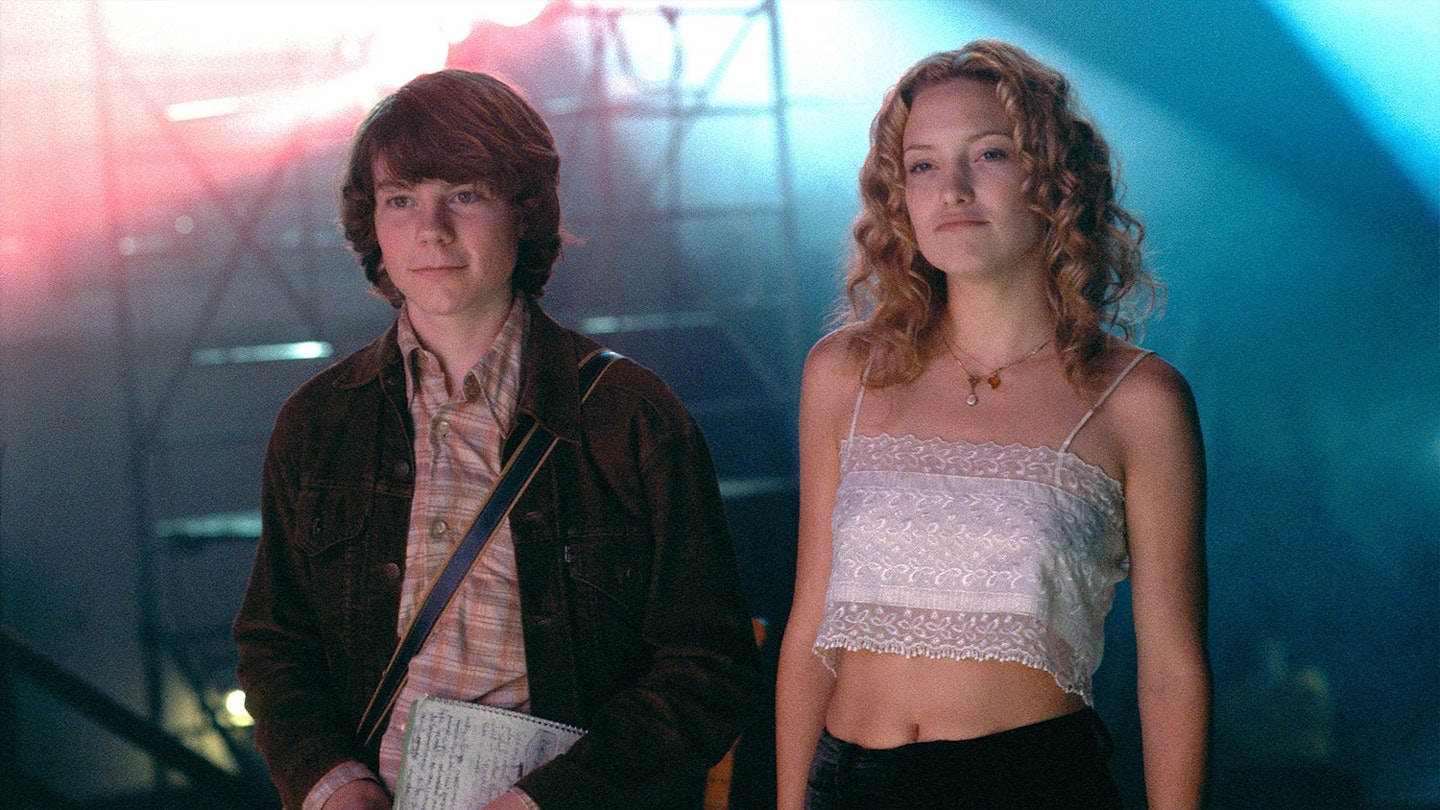
It sounds like an adolescent fantasy: a teenager hitting the road with a massive rock band, and writing about it for Rolling Stone no less. Unbelievable as it sounds, it really happened to filmmaker Cameron Crowe – who fictionalised his experiences into the tale of Patrick Fugit’s William Miller, thrust into a world of sex, drugs, parties, and Elton John singalongs as he follows the chaotic Stillwater on tour. Along the way, he witnesses mid-tour meltdowns, falls for Kate Hudson’s ‘Band Aid’ Penny Lane, and learns who his real friends are, all while avoiding calls from his disapproving mother (Frances McDormand). It’s a supercharged set of seminal experiences that hits on fundamental truths, from the transformational power of rock’n’roll (“Look under your bed… it will set you free,” William’s older sister imparts as she bequeaths her LPs to him), to wise words from Philip Seymour Hoffman as legendary rock critic Lester Bangs: “The only true currency in this bankrupt world is what you share with someone else when you’re uncool.”
12. Whisper Of The Heart
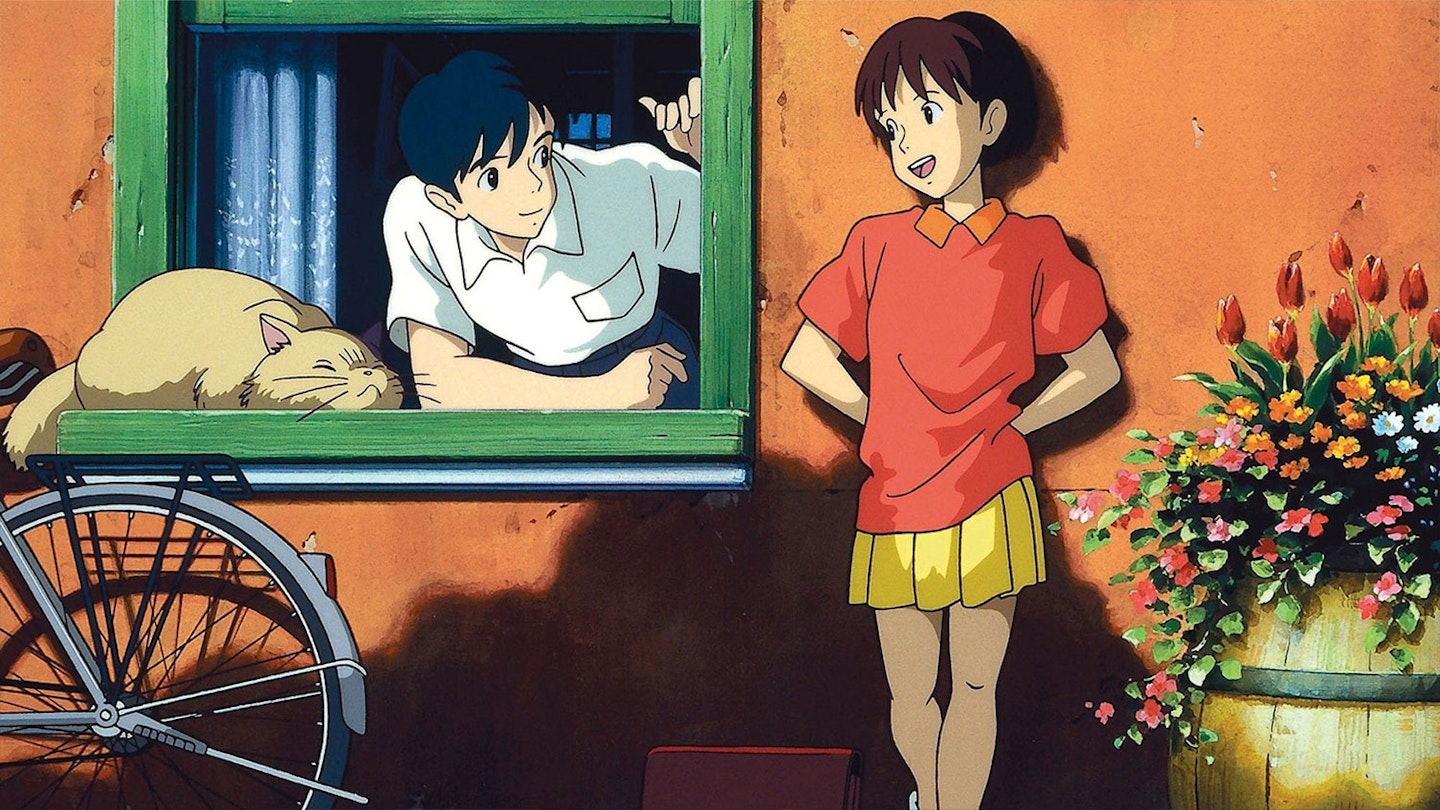
Plenty of Studio Ghibli movies could be considered coming-of-age stories – from Kiki’s Delivery Service to Spirited Away. But where those films wrap relatable feelings in fantastical contexts, Whisper Of The Heart faces the trials of youth dead-on – a gorgeously-crafted, distinctive film from the legendary Japanese anime studio whose only fantasy sequences derive from the imaginative writings of its central character, 14-year-old budding author Shizuku. The film, set in then-contemporary Tokyo (actually 1995), not only depicts Shizuku falling for Seiji – a boy who checked out all the same library books as her – but also explores the discovery and pursuit of her passion. Seiji plans to devote his life to making violins; Shizuku sets herself the task of writing her first novel. It’s a tale not only of discovering purpose, but of committing to a craft – the work it takes to both grow as a person, and develop your own abilities. It’s that same dedication to craft that makes Ghibli films like Whisper Of The Heart so magical.
11. The Breakfast Club
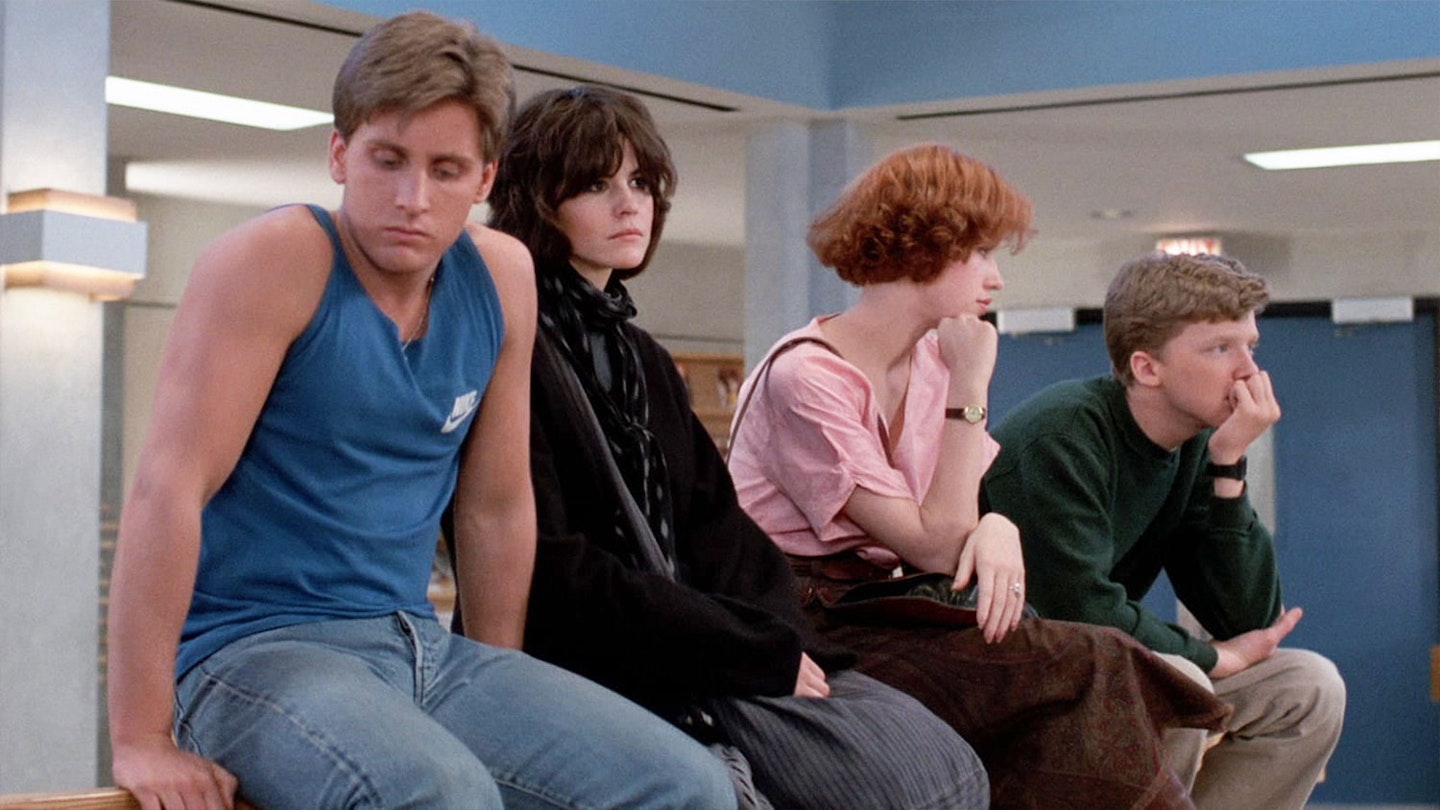
John Hughes got to be the king of the coming-of-age movie because he understood two inalienable truths: teenagers are far tougher and smarter than any adult things they are; and a few short hours on a suffocating Saturday morning can change your young life. Hauled into detention for various misdemeanours, Claire (skipped school), Brian (smuggled in a flare gun), Bender (misuse of fire alarm), Andrew (taped boy’s buttocks together) and Allison (had nothing else on) have nothing to do with each other. All of them wish, for their own reasons, to disappear before adulthood comes. As Allison puts it: “When you grow up, your heart dies.” But slowly they realise how much they have in common, how much the tribes of teenagedom in modern America are a fictional construct, and that together they can run rings around their principal and lift each other up. Air-punching excellence.
10. Are You There God? It’s Me, Margaret
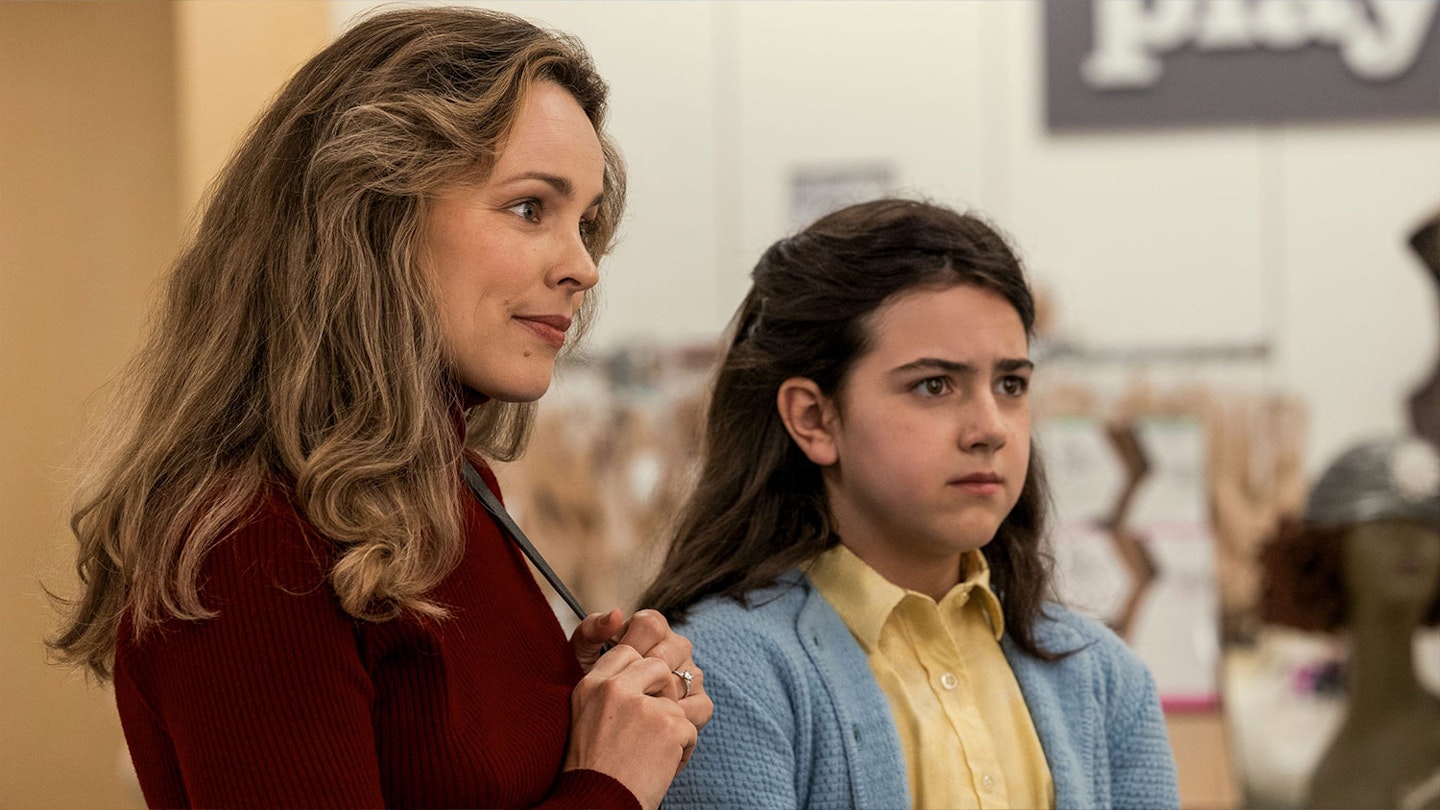
Kelly Fremon Craig knows how to do this. She already served up a low-key coming of age classic with 2016’s The Edge Of Seventeen, so hopes were high for her take on Judy Blume’s utterly beloved – hell, sacrosanct – 1970 novel about an 11-year-old girl navigating friendship, religion, and menstruation. And kissing. And bras, and tampons. It’s hard to recall another film of late that has such warmth and compassion for its young characters and what they’re going through – all the little things that seem like life and death. As the wide-eyed, sensitive Margaret, Abby Ryder Fortson breaks your heart with every pained expression, every bit of longing and yearning, every flicker of heartache and humiliation. Engulfed by peer pressure, surrounded by friends who seem to be developing faster than she is, she just longs to be part of it all, and Fremon Craig turns her odyssey into an epic. Tears will flow.
9. Lady Bird
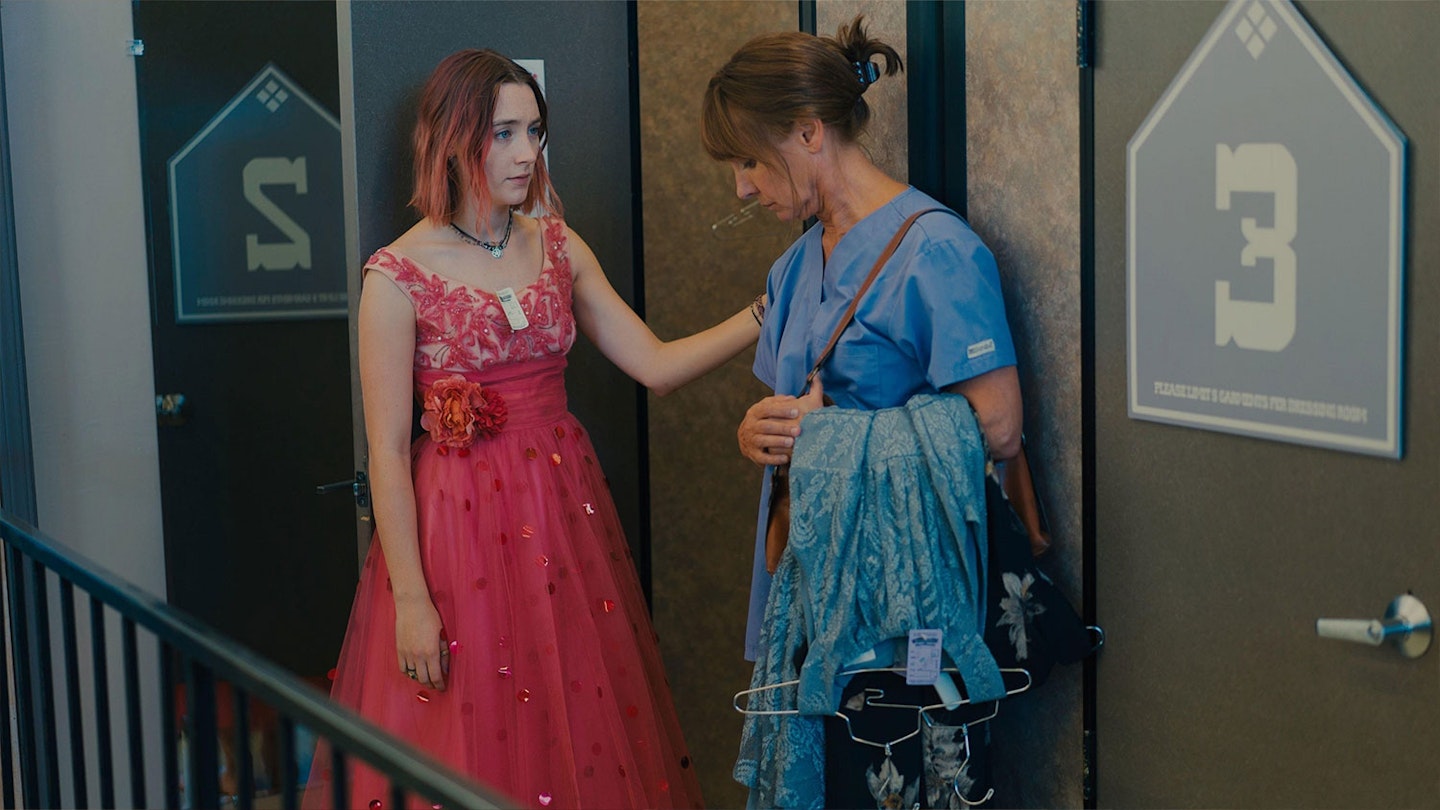
Greta Gerwig’s directorial debut doesn’t just understand what it’s like to be an over-serious youngster desperate to break out of a seemingly humdrum life for something more alluringly artistic – in this case, an illustrious East Coast college. No, the real heart of Lady Bird is powered by the tension between Saoirse Ronan’s high school senior Christine ‘Lady Bird’ McPherson and her mum Marion (Laurie Metcalf). Everything turns into an argument: the way Marion scrambles eggs, the way Lady Bird drags her feet, even buying a magazine to read in bed. “That’s something that rich people do,” Marion snaps without stopping the trolley, “we’re not rich people.” Lady Bird chases the things she thinks will get her closer to her dream life – including a very dishy Timothée Chalamet – while Marion tries to get her to see sense. And by the time she does get where she wants to be? She realises she never appreciated how special her home life was. It’s an utterly gorgeous movie with a stellar performances from Ronan and Metcalf, and the last scene will make you want to call your mum immediately.
8. Dazed And Confused
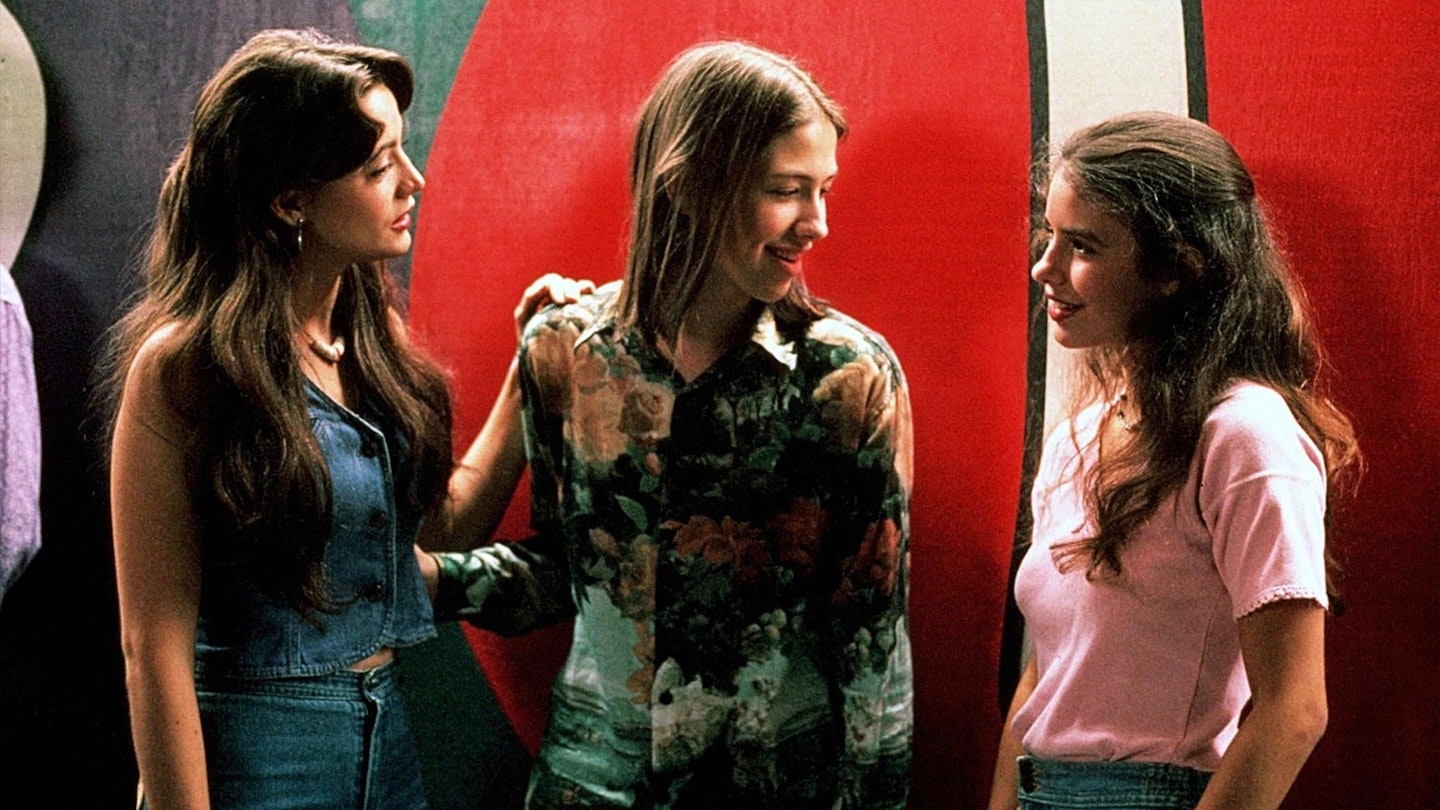
Set across a single day in 1976, Richard Linklater’s Dazed And Confused might be primarily about the immediacy of the moment – but it’s also about the yawning chasm of the future opening up, the highway of life expanding before your very eyes and seeing where it might take you. For Jason London’s ‘Pink’ Floyd, it’s his choice to reject conformity (snubbing an anti-drugs form foisted on him by his baseball coach) in pursuit of freewheeling good times with friends; for little Mitch Kramer (Wiley Wiggins), it’s his first glimpse of everything that awaits him at high school – namely girls, parties, cruising, and weed – as his middle school years end. Linklater dialled into his own youth to create an authentic ‘70s Texas for his ensemble to inhabit – an honest snapshot of a time and place, and a reminder from the past to embrace the here and now. “Don’t you ever feel like everything we do and everything we’ve been taught is just to service the future?” asks Marissa Ribisi’s Cynthia at one point. “If we’re all gonna die anyway, shouldn’t we be enjoying ourselves now?” Amen.
7. American Graffiti
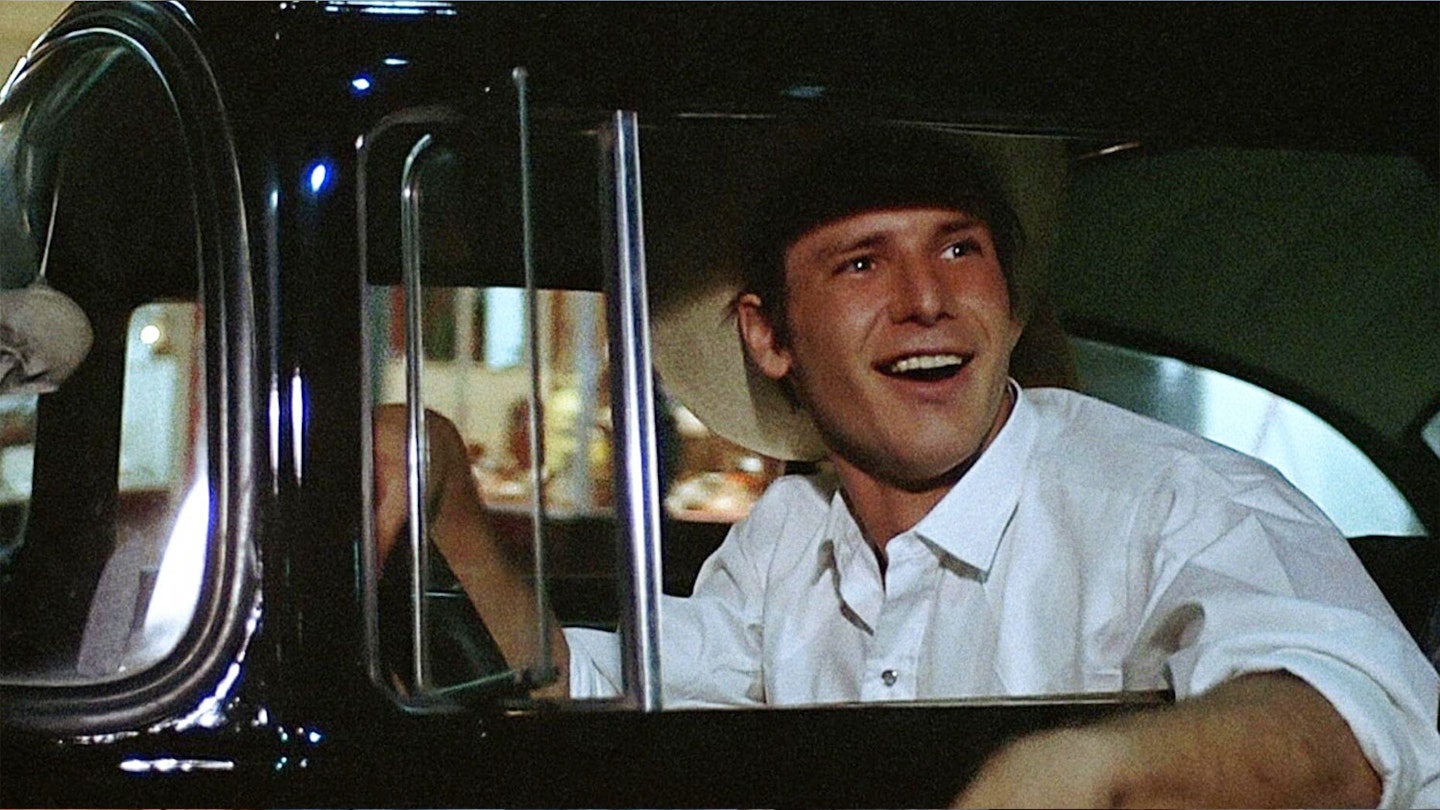
In 1972, George Lucas was at a low. His austere, futureshock sci-fi debut THX-1138 had turned into a fiasco. His friend Francis Ford Coppola encouraged him to make something warmer and more upbeat, so Lucas reached into his own teen years cruising around California. Over one night in Modesto, American Graffiti follows four friends through a series of drifting vignettes on their last night together before college: they try to impress girls, listen to music, and work out how far they really want to push away from home. It’s all the more wistful for memorialising a scene which, despite being only a decade past, felt like an impossibly innocent world where Vietnam, Watergate and the Summer of Love hadn’t corrupted young America’s hope and energy. It also introduced Lucas to a young carpenter called Harrison Ford. Decent future, that kid.
6. The 400 Blows
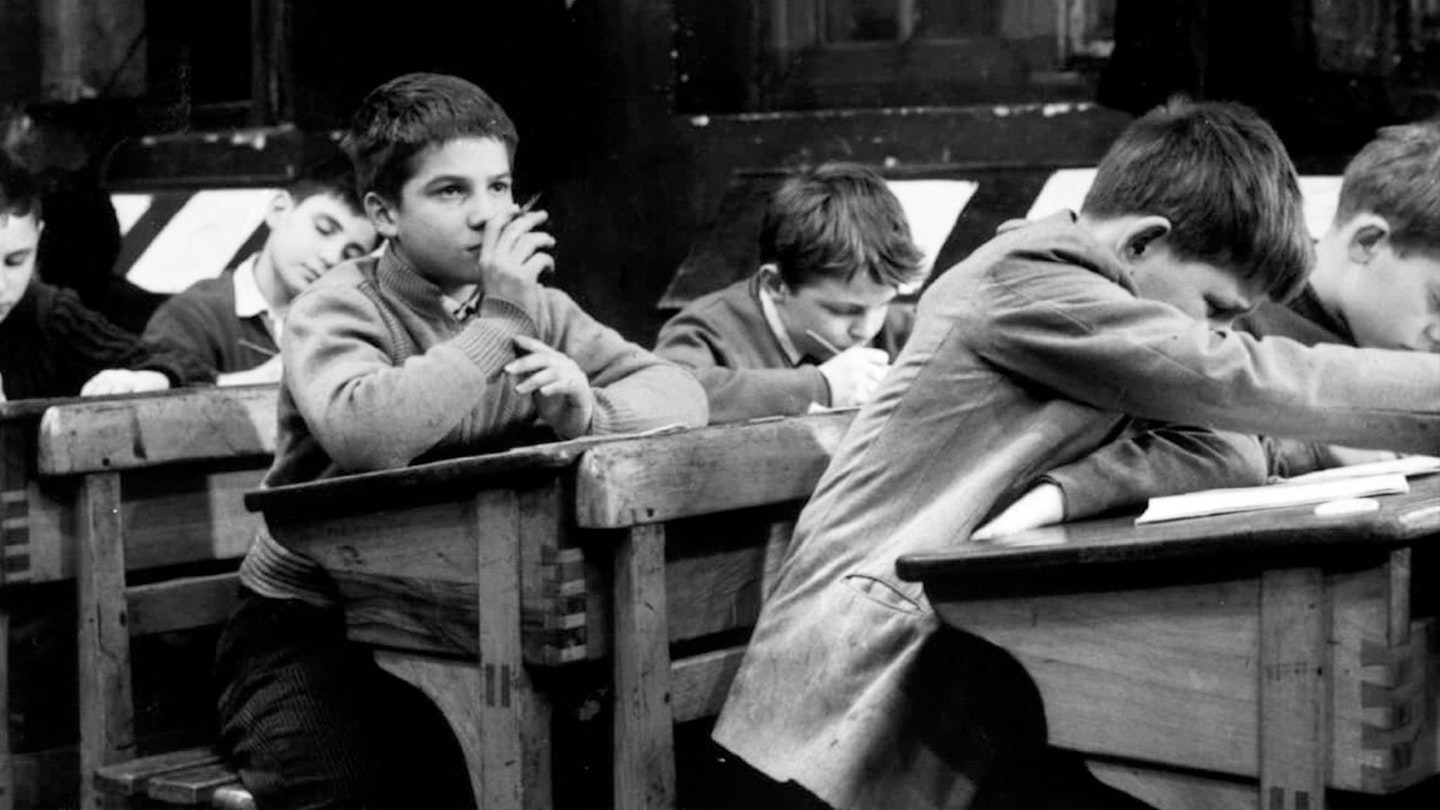
François Truffaut’s debut kicked open the door to the 1960s and the Nouvelle Vague. Its hero Antoine is a cherubic little delinquent who talks tough and dreams of running away and raising hell. So, after a little while playing truant and trying to convince his teachers his mother is dead, he nicks his dad’s typewriter and tries to flog it to finance his plans, only to find himself hauled in to explain himself to psychiatrists. There’s a real toughness to The 400 Blows: Antoine is shuttled between institutions which don’t even try to understand him, and it’s an implicit indictment of a stuffy France which wasn’t listening to its young people even a decade before the 1968 student riots. And, like all good coming-of-age movies, it’s staunchly on the side of the kid. As Antoine stares out from the final frame, you can see so many things in his eyes: fear, cynicism, reproach. But, crucially, you’re seeing him, and that’s what Antoine has desperately wanted all along.
5. Eighth Grade
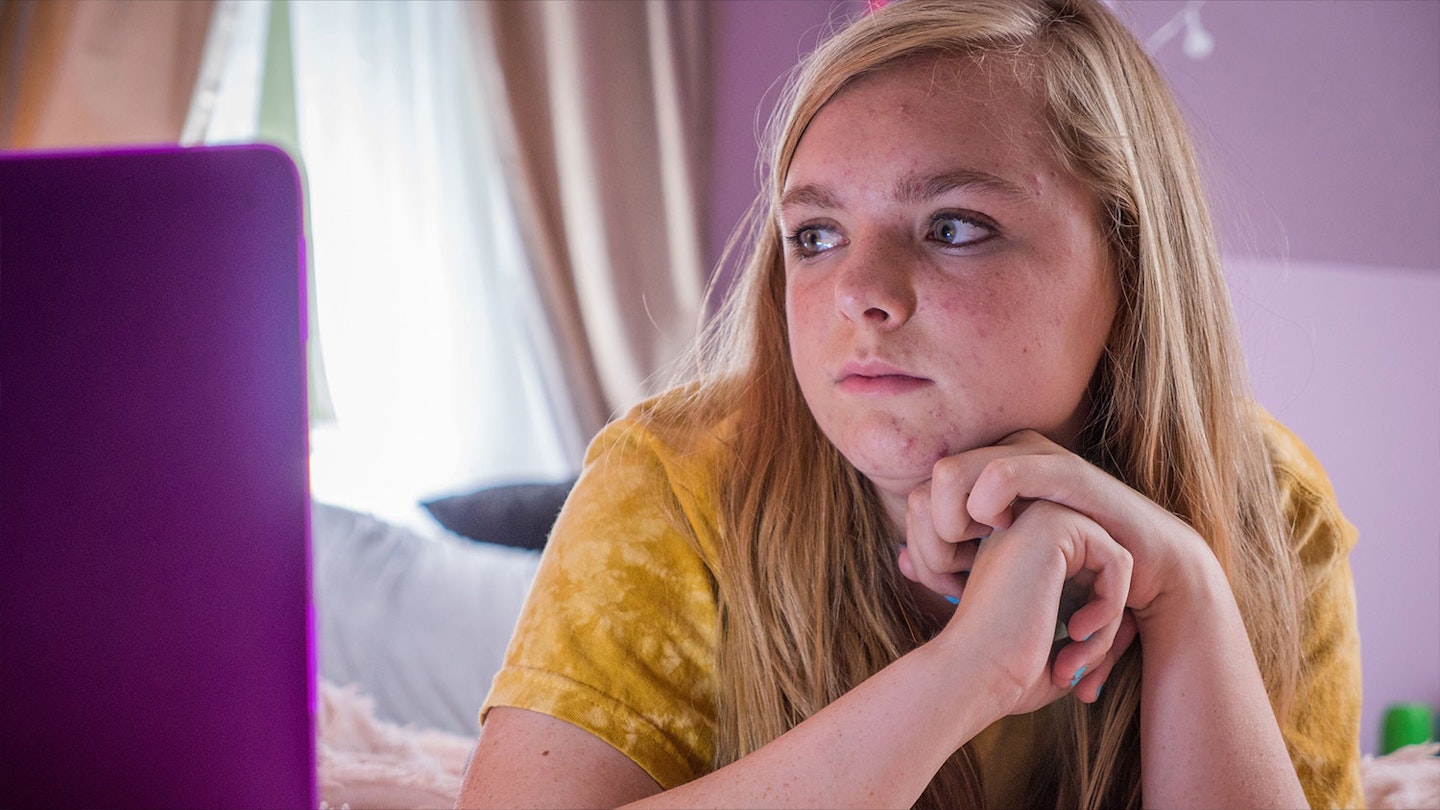
Probably the first great coming-of-age movie of the internet era, Bo Burnham’s debut channelled his own anxiety and disorientation into Kayla (Elsie Fisher), who’s leaving middle school with little but her classmates’ ‘Most Quiet’ award to her name. Rather than spend time with her dad, she makes self-affirming YouTube videos (“Gucci!”) absolutely nobody watches. An invite to a pool party draws her out of her shell, and she starts to make friends with older kids – but suddenly the adult world rushes in all too quickly. In the end, it’s not sex or boys or friendship which show Kayla who she might become, but the sharp realisation that there’s a person underneath her online persona that she’s been running away from. Burnham’s ear for how teenagers talk is uncanny, and Eighth Grade perfectly captures the post-social media school landscape where cliques are gone but constant-running online battles endlessly simmer.
4. The Graduate
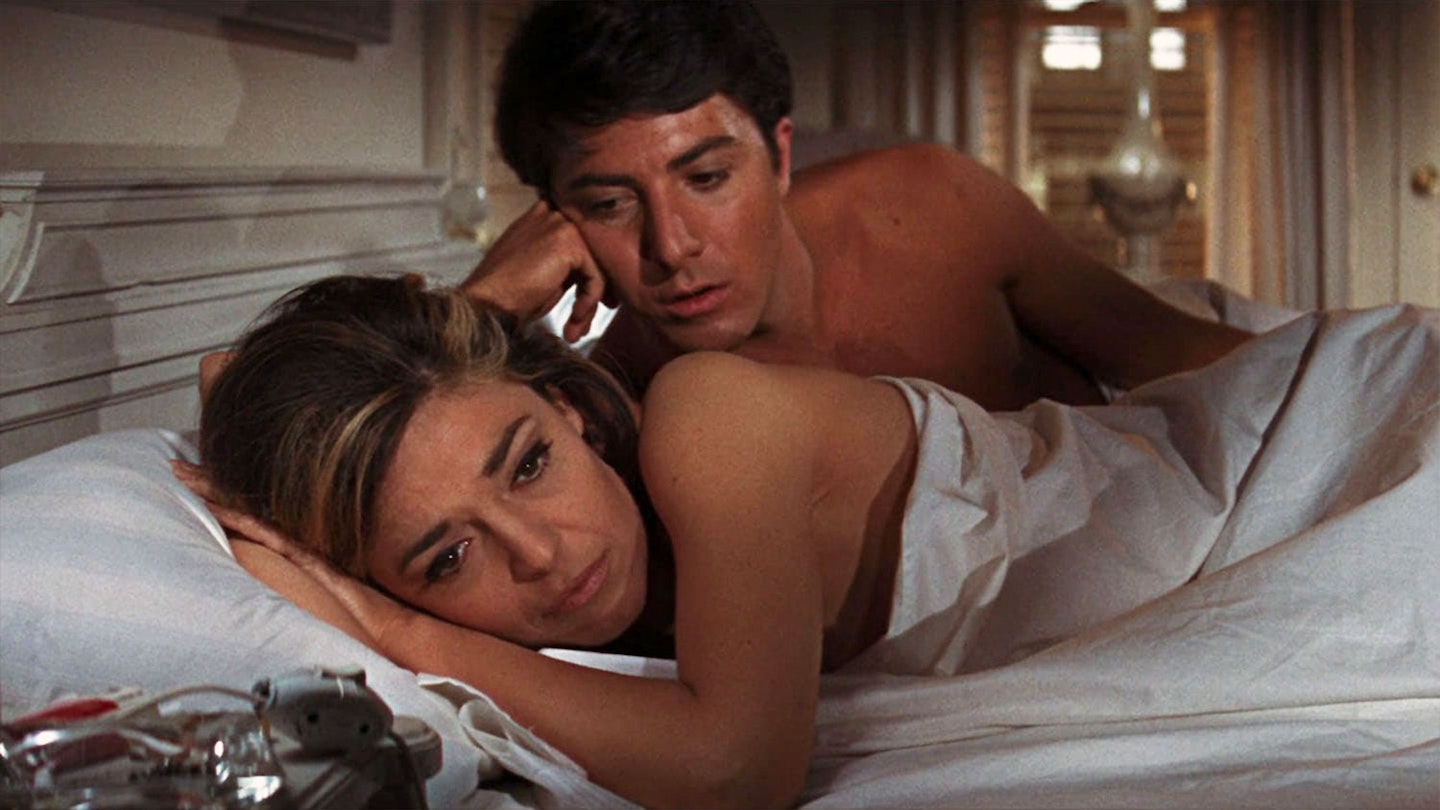
At his audition to play post-college drifter Benjamin Braddock, Dustin Hoffman was uncertain. He’d never done a love scene, for one thing, and doubted very much whether anyone would buy that a woman like Katherine Ross would ever fancy him. Ross looked at Hoffman and agreed. “This is going to be a disaster,” she later recalled thinking. Alienated Benjamin is being ushered toward a career in plastics and the approval of his distant parents, but he fills a lazy summer with an affair with Anne Bancroft’s bored, urbane Mrs Robinson. Soon, though, Benjamin has to choose whether he keeps the fantasy going or makes a go of it with Mrs Robinson’s daughter. Hoffman and Bancroft are an exquisitely uneasy pairing, and director Mike Nichols’ unsentimental eye makes clear that though Benjamin chooses in the end not to compromise, every choice he makes is its own kind of compromise anyway. The soundtrack slaps, too.
3. Moonlight
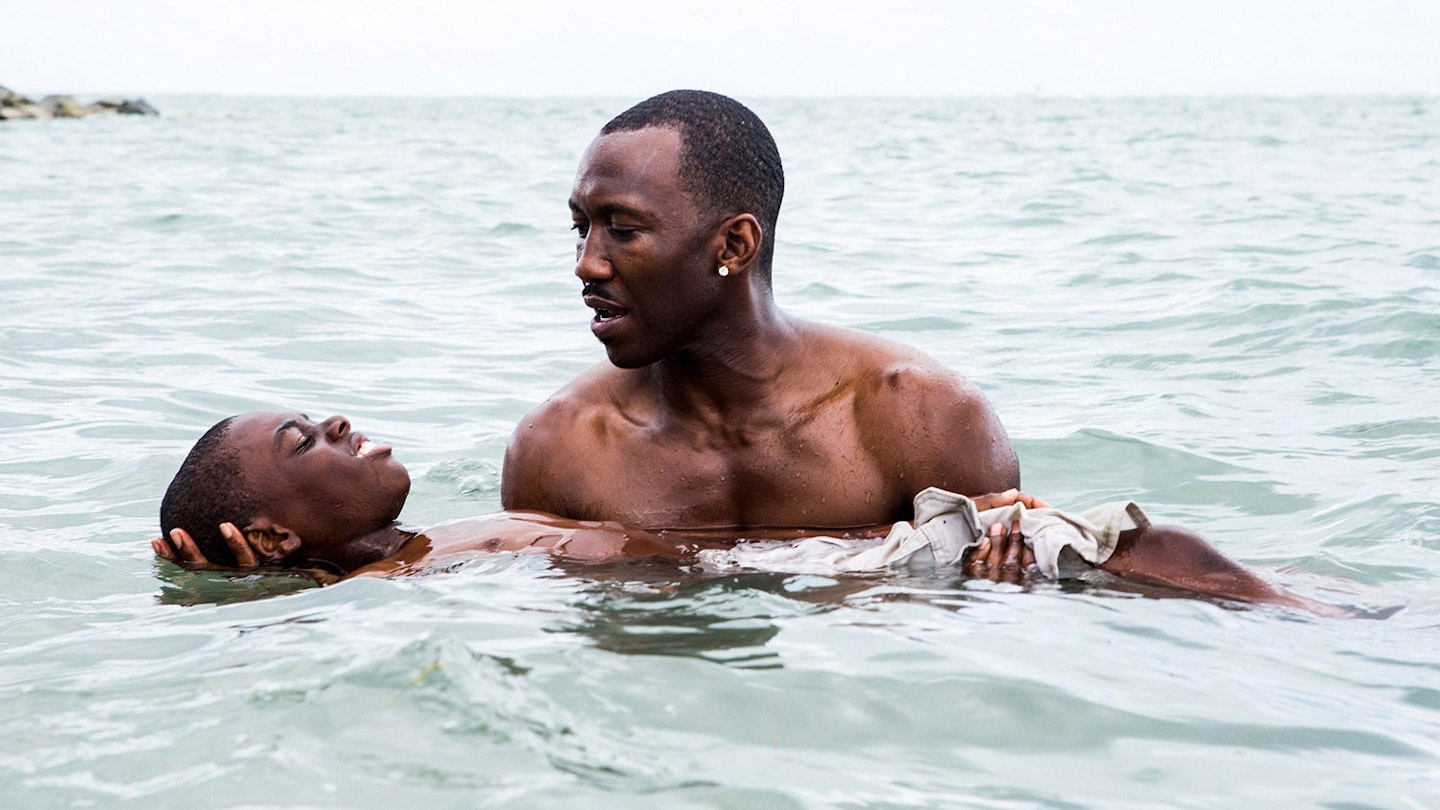
In Barry Jenkins’ Best Picture-winner, we follow the protagonist through three stages of his life – as a child, Little (Alex Hibbert), taken under the wing of local drug dealer Juan (Mahershala Ali); as a teenager, Chiron (Ashley Sanders), isolated at school and tentatively experimenting with his burgeoning sexuality; and as an adult, Black (Trevante Rhodes), who hides his desire for tenderness under exaggerated trappings of traditional masculinity. Moonlight is pure poetry, the sensual story of a young man rarely ever given permission to be his true self, set against the backdrop of a deprived, dog-eat-dog Miami. The grainy, pop-of-colour visuals; the deep, melancholy score; the director’s signature soul-wrenching gazes down the barrel of the lens – we dare you not to be in floods of tears by the end.
2. Boyhood
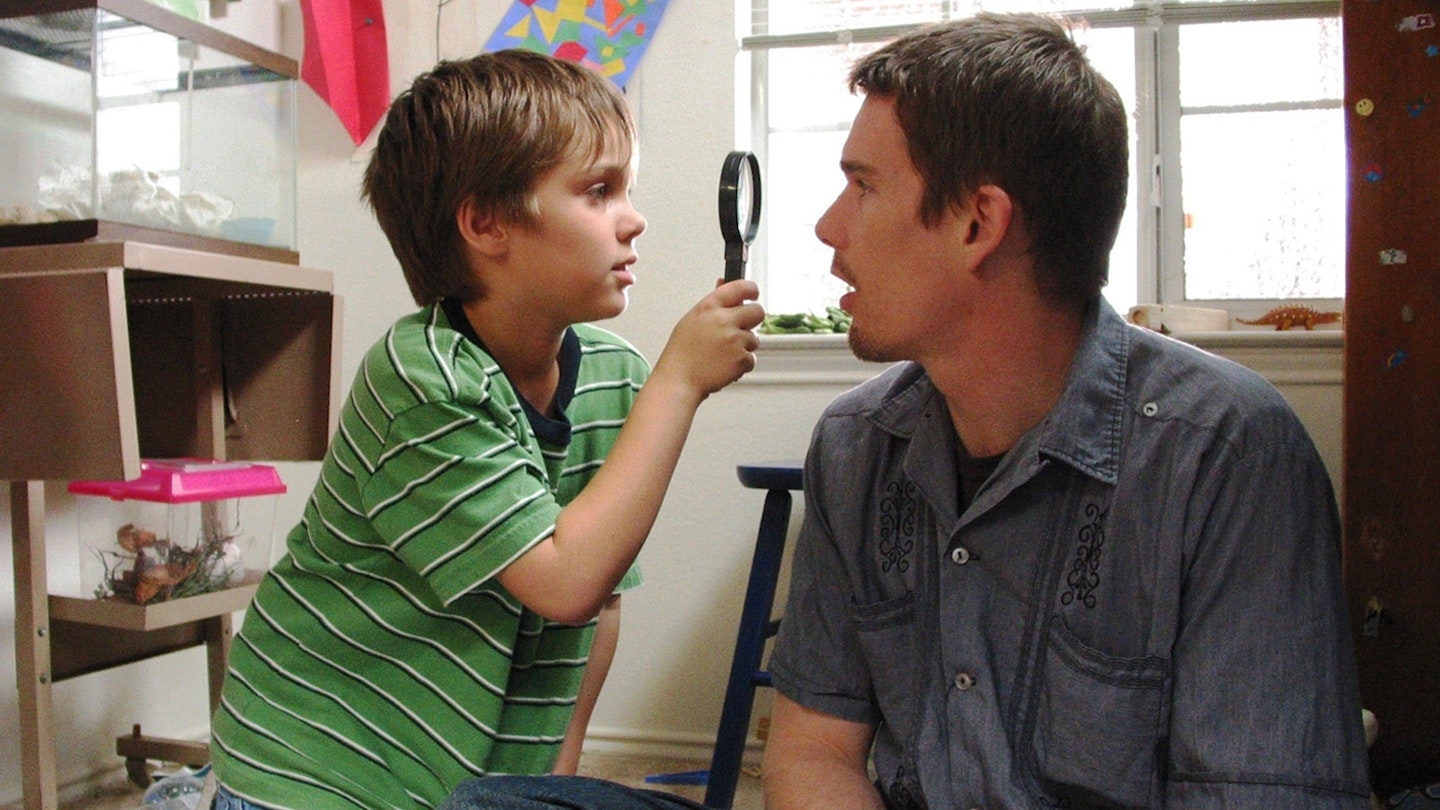
For most coming-of-age movies, the coming-of-age thing is a shorthand. It’s a rough outline of where you’re heading, not a promise. But Richard Linklater’s 12-year project is not most coming-of-age movies. Boyhood follows young Mason from the age of six to his college graduation, and in waiting for star Ellar Coltrane to age in real time shows a boy literally coming of age. Its greatest achievement is both to make you forget the enormous faff involved in making it, and to simultaneously never let you forget that you’re watching the pure miracle of a young man growing up. It’s not just Mason who feels the ache of the years either. You really feel for Patricia Arquette as Mason’s mum Olivia, breaking down as her boy gets ready to leave for college: “I just thought there would be more.” Boyhood organically captures that painful, happy-sad feeling of watching the years vanish. It’s a gentle, heartbreaking, beautiful thing.
1. Stand By Me
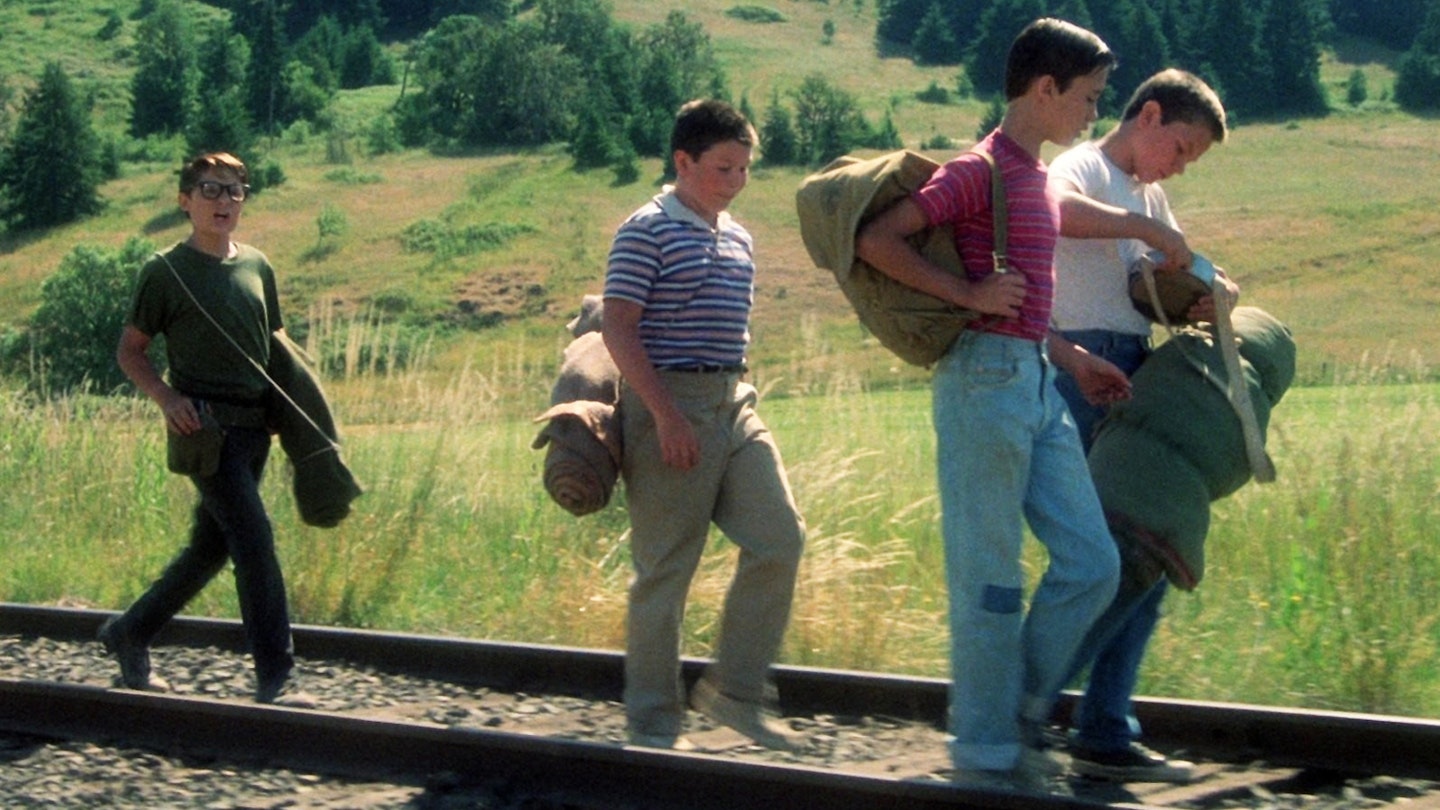
For a genre that’s all about young people, death is absolutely everywhere in coming-of-age movies. Its shadow is all over Stand By Me: when we meet 12-year-old Gordie, he’s lost his brother and his parents are too deep in grief to notice, and he and his three pals go on a quest to find the corpse of a boy their age. Along the way they chat about nothing much and unlock some big feelings. It’s just the kind of caper Rob Reiner wasn’t known for having just made This Is Spinal Tap, but by adroitly nicking bits of the American Graffiti playbook – turn-of-the-Sixties songs, bullies trying to muscle our heroes out, bittersweet epilogue about what happened to the gang next – Reiner made something that was both fun and deeply wise. “I never had any friends later on like the ones I did when I was 12,” Richard Dreyfuss’ old Gordie writes at the end. “Jesus, does anyone?” Probably not – but at least we have movies like Stand By Me.
